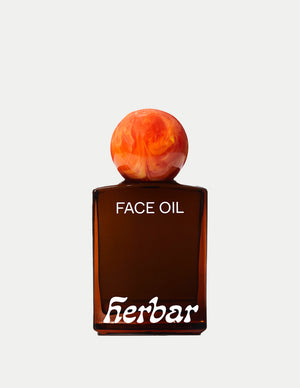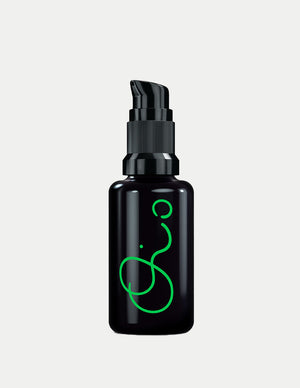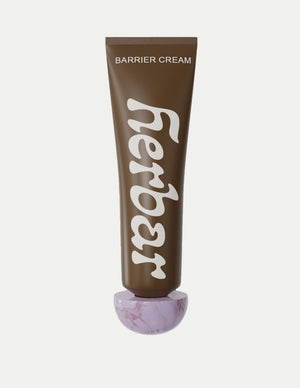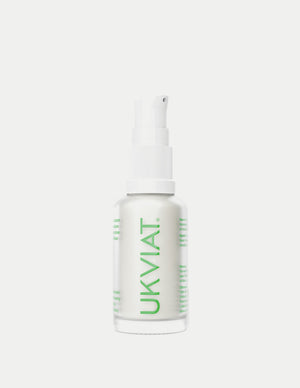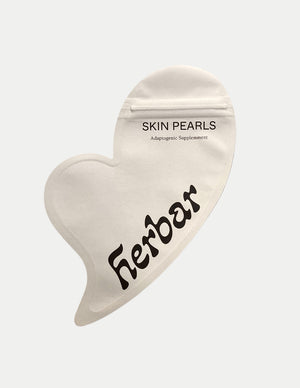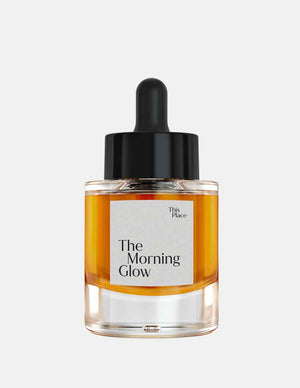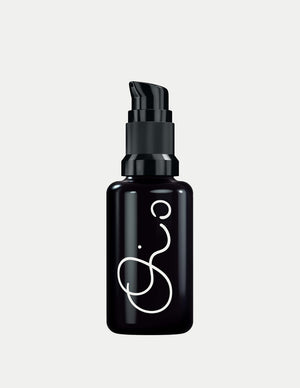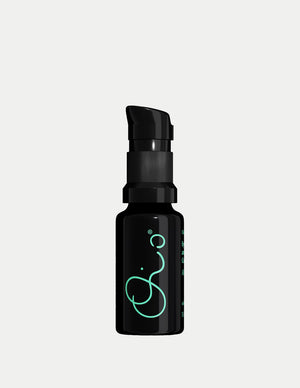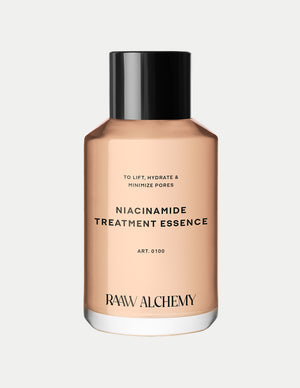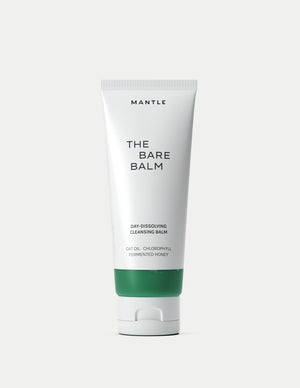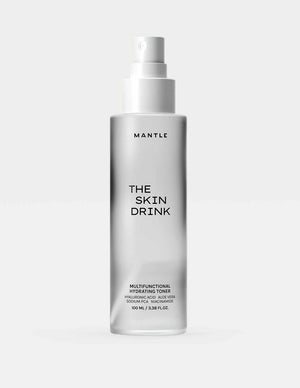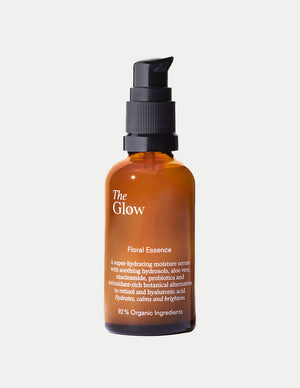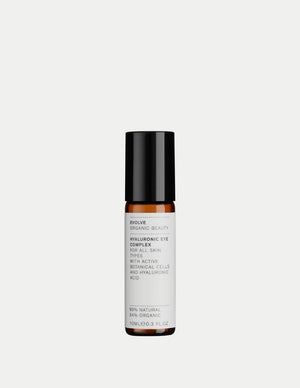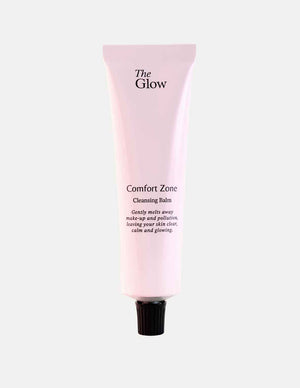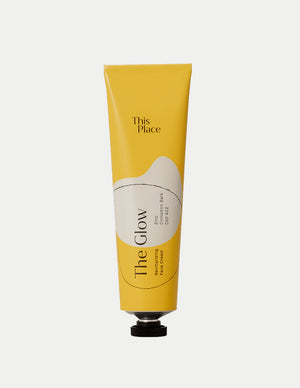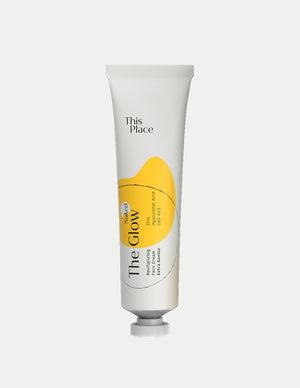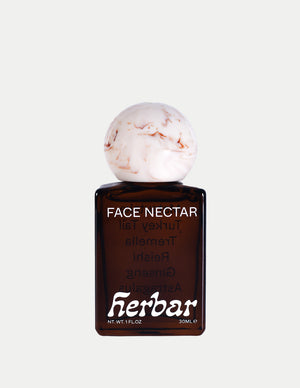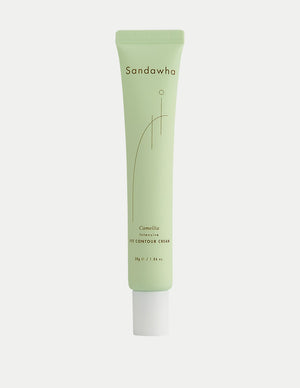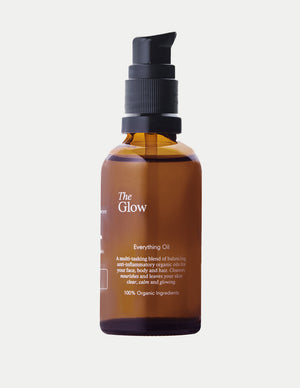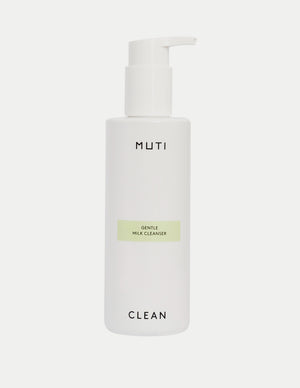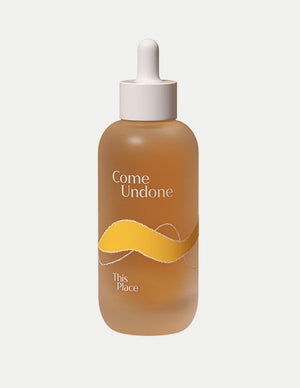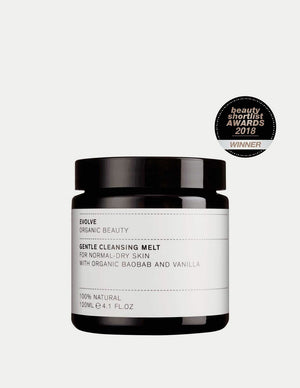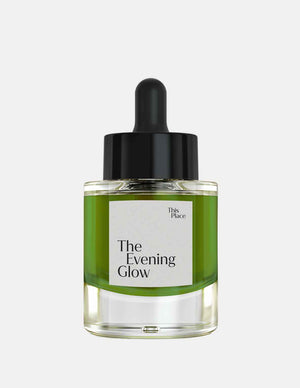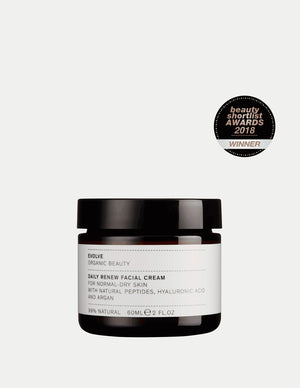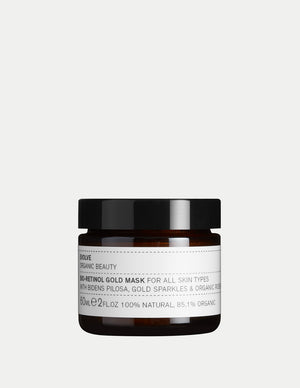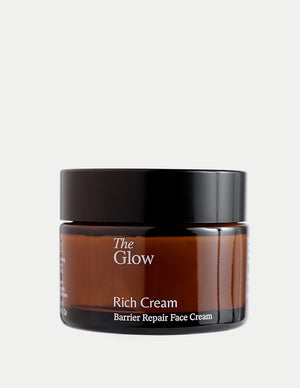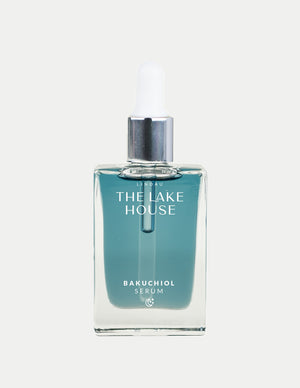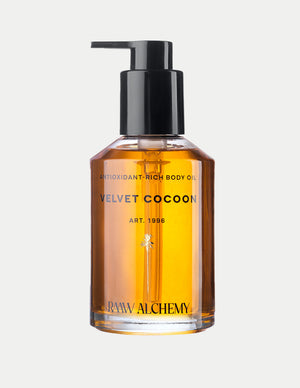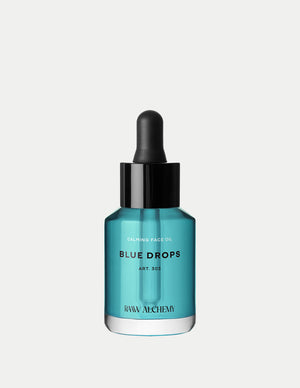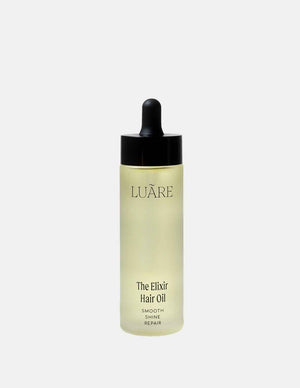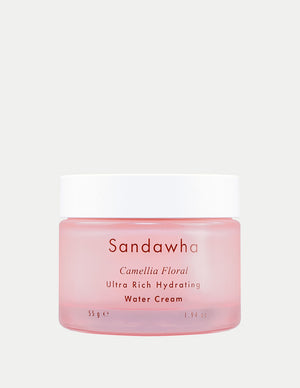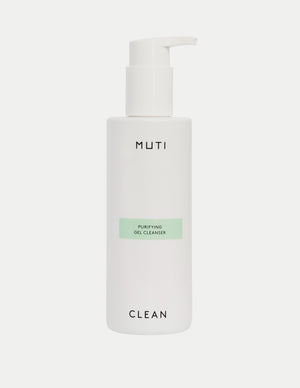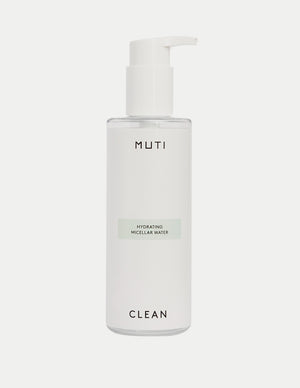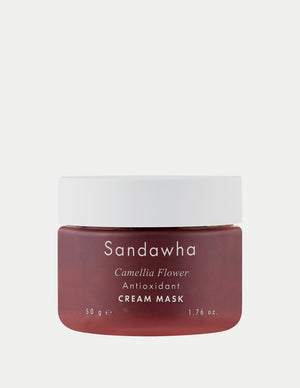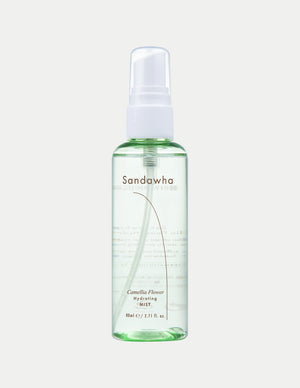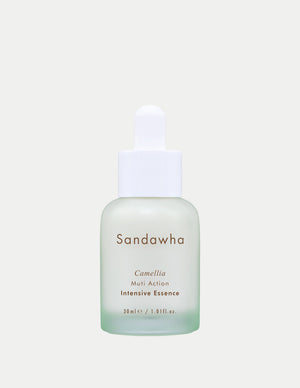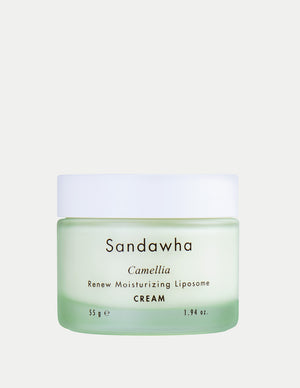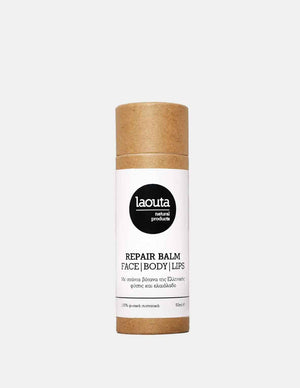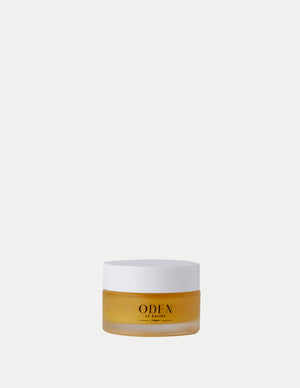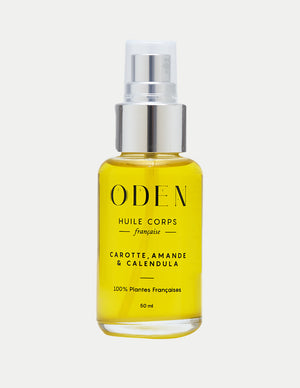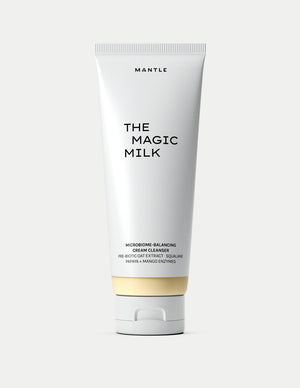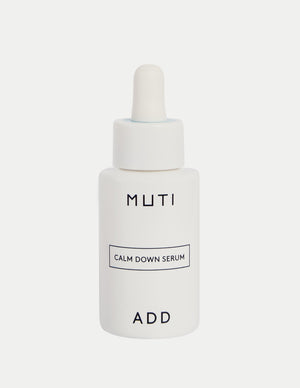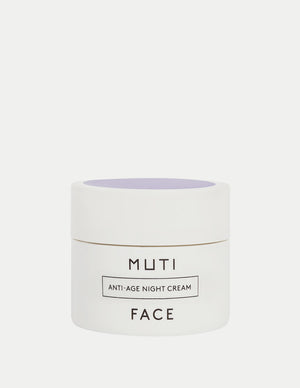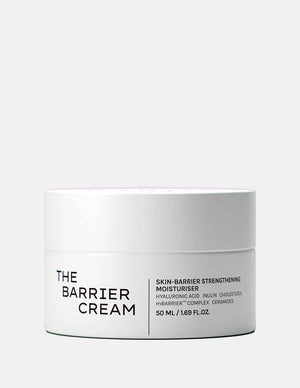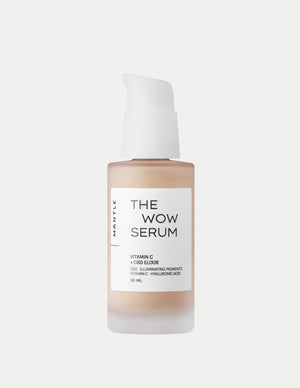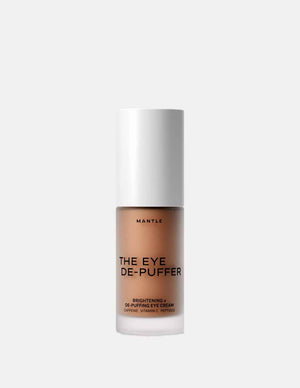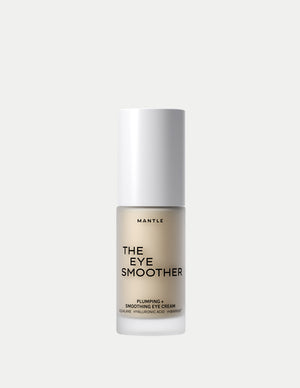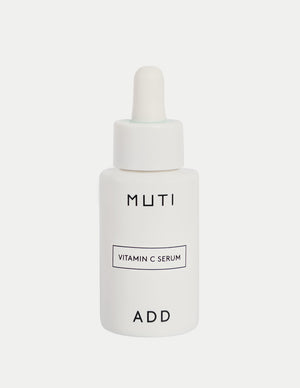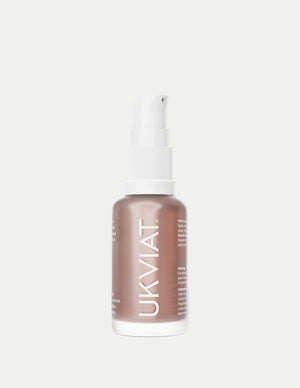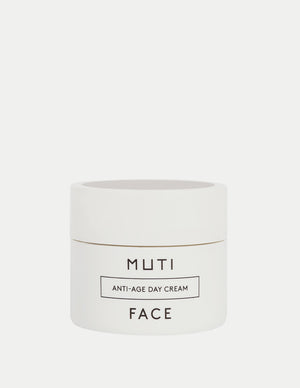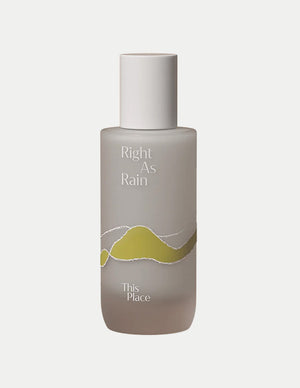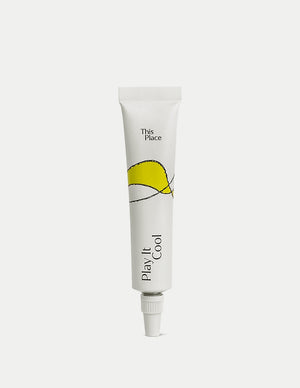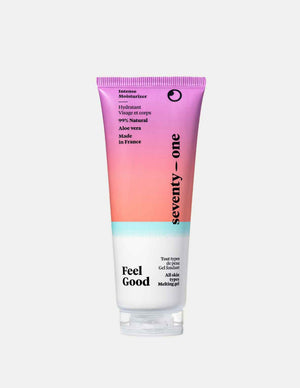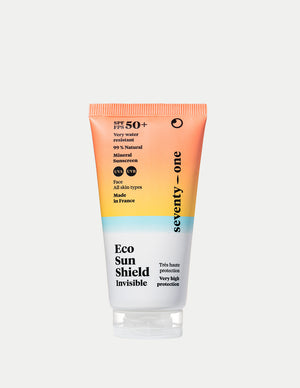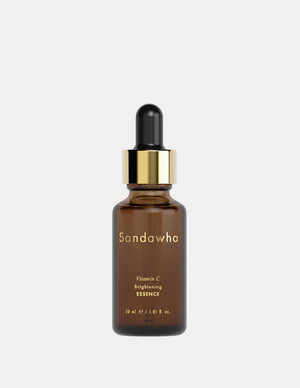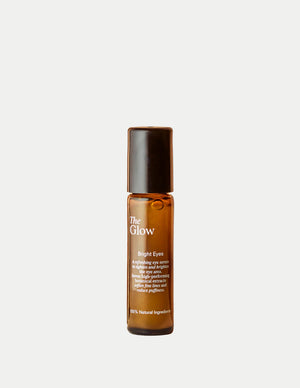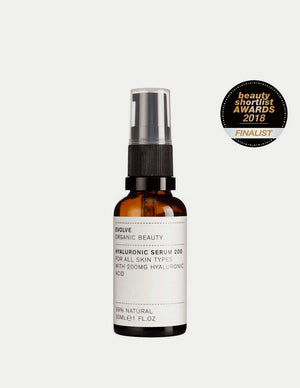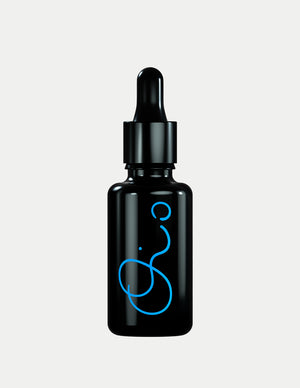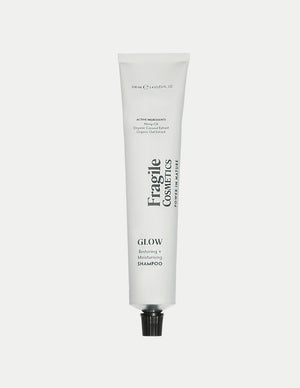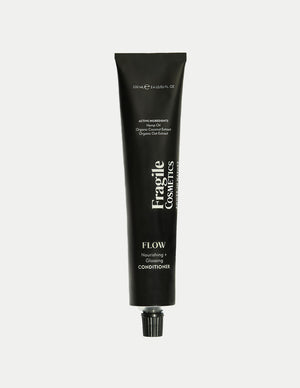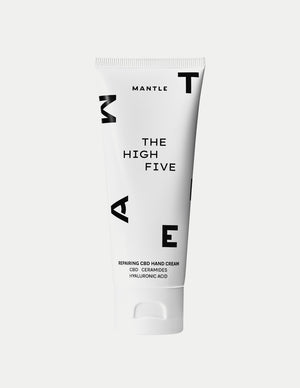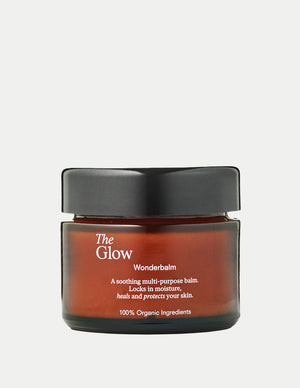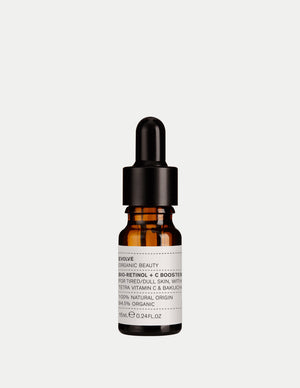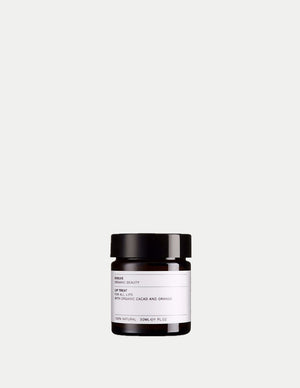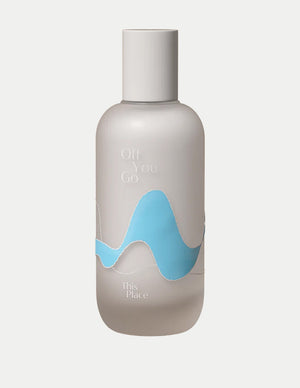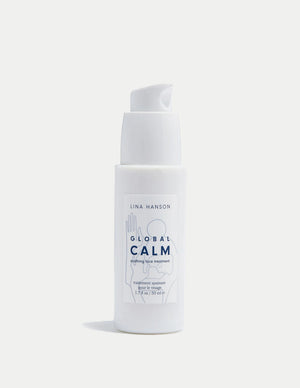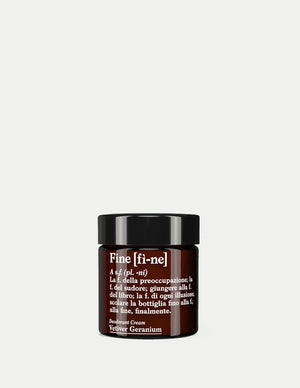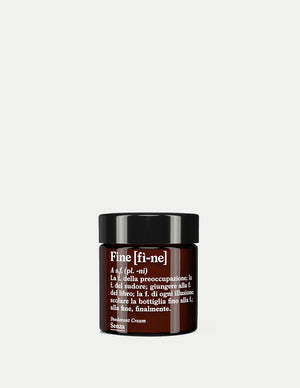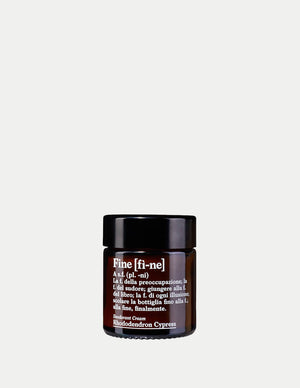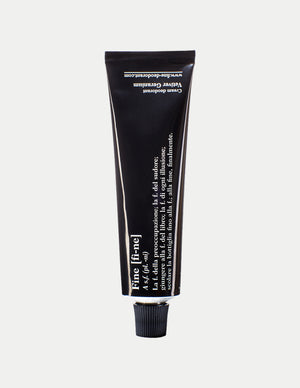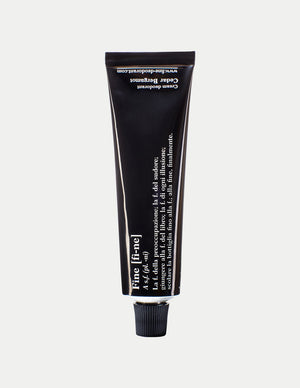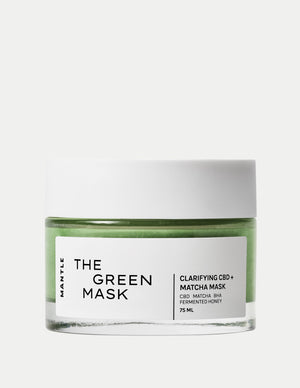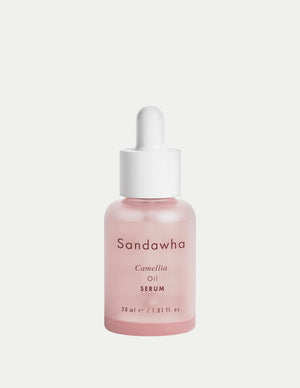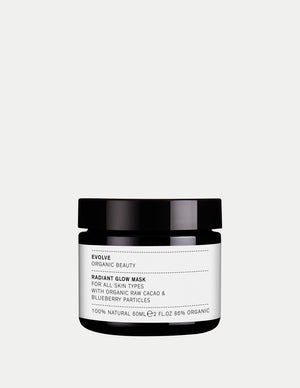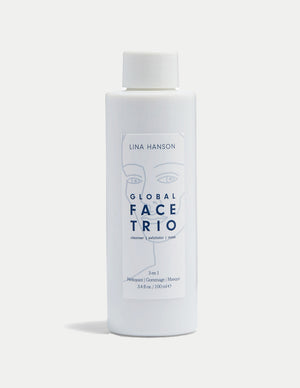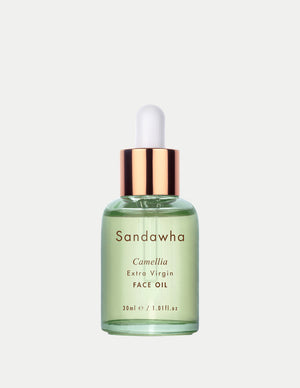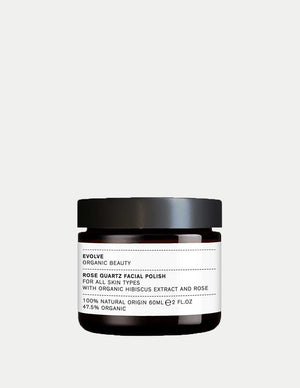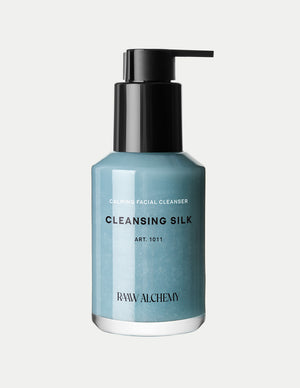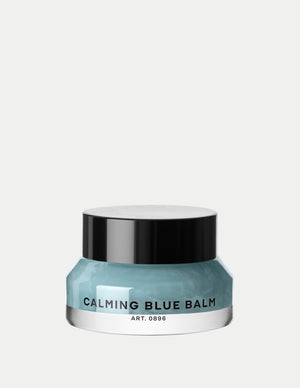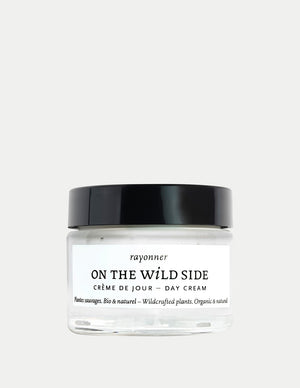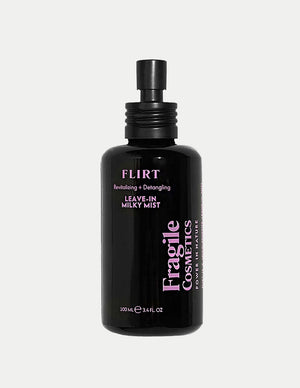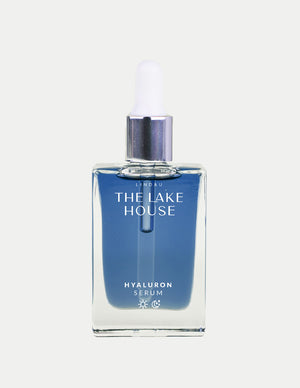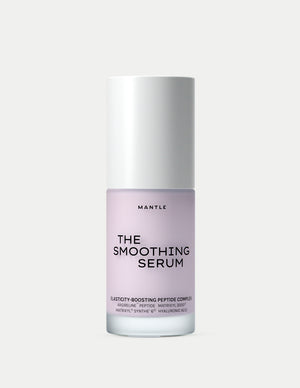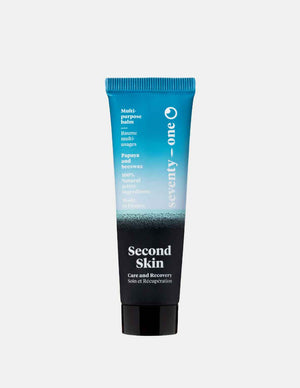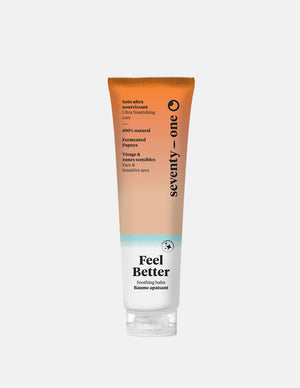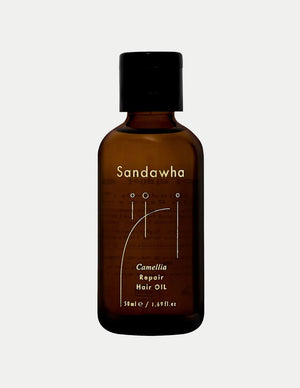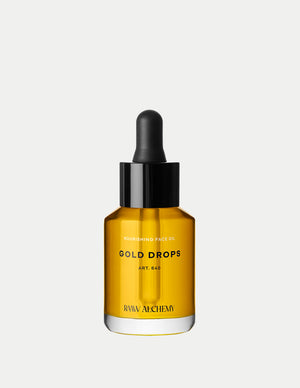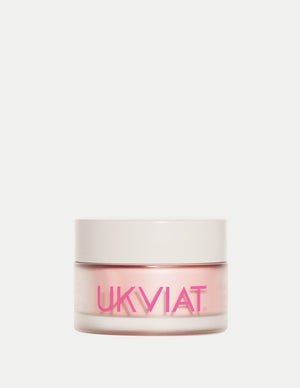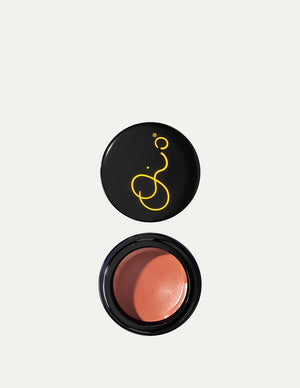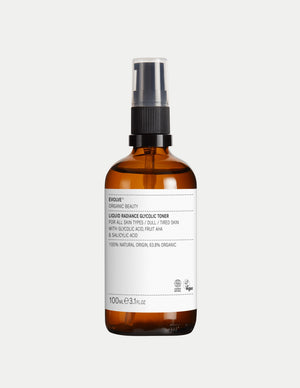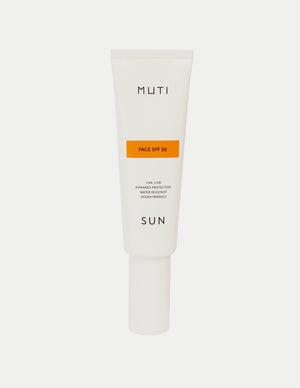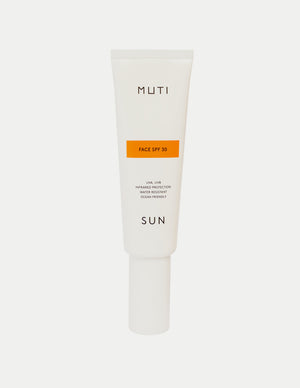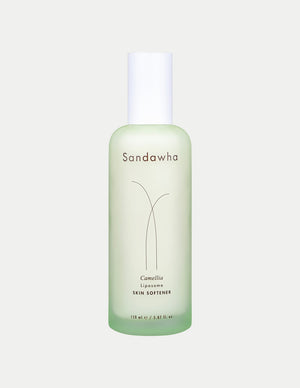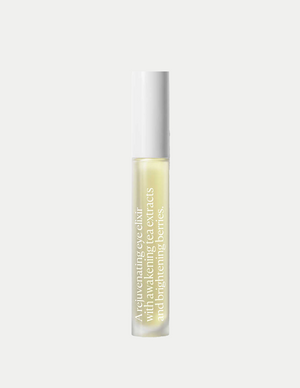Ingredients
- Acai berry
- Adaptogens
- Algae extracts
- Aloe Vera
- Alpha hydroxy acids (AHAs)
- Apricot kernel oil
- Argan oil
- Bakuchiol
- Baobab
- Bisabolol
- Broccoli seed oil
- Calendula
- Cannabidiol (CBD)
- Ceramide
- Chia seed oil
- Ectoin
- Ginseng
- Glycerin
- Pomegranate
- Oat oil
- Rosehip oil
- Hyaluronic acid
- Inulin
- Jojoba oil
- Cocoa butter
- Camellia extract
- Kaolin
- Coconut oil
- Macadamia oil
- Almond oil
- Niacinamide
- Olive oil
- Panthenol
- Peptides
- Castor oil
- Rosemary extract
- Sea buckthorn
- Shea butter
- White willow (salicylic)
- Sunflower oil
- Licorice root
- Squalane
- Grape seed oil
- Vitamin C
- Vitamin E
- Zinc
Acai berry
The açaí berry is a true superfood—not only for nutrition, but also for skin care. They are rich in antioxidants, essential fatty acids, and vitamins.
The açaí berry is a true superfood—not only for nutrition, but also for skin care. They are rich in antioxidants, essential fatty acids, and vitamins.
The açaí berry (Euterpe oleracea) is not only considered a nutrient-rich superfood, but also a highly effective ingredient in modern natural cosmetics. Its oil, extracted from the berry's pulp, is rich in secondary plant substances, unsaturated fatty acids (such as omega-6 and omega-9), anthocyanins, and vitamins A, C, and E. This combination makes açaí oil a potent antioxidant that protects the skin from oxidative stress caused by free radicals, which contributes significantly to skin aging. At the same time, it moisturizes and supports the restoration of the skin's natural lipid layer, thereby strengthening its barrier function. In cosmetic applications, açaí oil is particularly valued for its skin-tightening and regenerating properties. It improves skin elasticity, smoothes fine lines, and lends the complexion a vital, even appearance. It also has anti-inflammatory and soothing effects, making it suitable for sensitive or irritated skin types. Recent studies suggest that the antioxidant effects of açaí oil can be further enhanced by combining it with other plant extracts, such as green tea or rosehip. Due to its versatile mechanisms of action, açaí oil is ideal for holistic, natural skin care with an anti-aging focus.
In natural cosmetics, açaí is particularly suitable for mature , dry, and stressed skin . Thanks to its high concentration of antioxidants, it protects against free radicals and prevents premature skin aging. The essential fatty acids it contains intensively nourish the skin and support its elasticity. Even sensitive skin benefits from the soothing and regenerating effects of the açaí berry. For oily or blemished skin , it can help maintain skin balance without clogging pores.
Adaptogens
Adaptogens are natural active ingredients derived from various parts of plants, including roots, leaves, seeds or fungi.
Adaptogens are natural active ingredients derived from various parts of plants, including roots, leaves, seeds or fungi.
Adaptogens are bioactive plant substances extracted from various plant parts such as roots, leaves, seeds, or even medicinal mushrooms. They are becoming increasingly important in natural cosmetics due to their adaptogenic mechanisms of action, which help the skin adapt better to external stressors such as environmental pollution, UV radiation, temperature fluctuations, or oxidative stress. These active ingredients modulate cellular stress responses, strengthen the skin barrier, and contribute to the restoration of physiological balance. Due to their pronounced antioxidant and anti-inflammatory properties, adaptogens have a soothing effect on sensitive or irritated skin while simultaneously promoting cell renewal and the regeneration of damaged skin structures. They also support the maintenance of epidermal moisture balance and can effectively improve the appearance of dryness, redness, or fine lines. Substances such as ashwagandha, ginseng, rhodiola, and reishi are particularly popular because studies have shown them to be highly skin-compatible and have versatile effects. Their ability to regulate cortisol levels locally can also help minimize stress-related skin reactions.
Adaptogens are suitable for almost all skin types because of their soothing, antioxidant, and regenerating properties. They are ideal for stressed , sensitive , or reactive skin that reacts to environmental factors such as air pollution, UV radiation, or temperature fluctuations. For dry skin , adaptogens can help stabilize moisture balance and strengthen the skin barrier. For oily skin , they can help soothe the skin and reduce inflammation. Adaptogens are particularly beneficial in anti-aging products because they protect against free radicals and slow down skin aging. Adaptogens can also soothe and stabilize sensitive skin that is prone to redness or irritation.
Algae extracts
Algae are a valuable ingredient in natural cosmetics because they are rich in vitamins, minerals, and antioxidants. They provide intensive moisture and promote skin regeneration.
Algae are a valuable ingredient in natural cosmetics because they are rich in vitamins, minerals, and antioxidants. They provide intensive moisture and promote skin regeneration.
Algae represent an important and versatile ingredient in natural cosmetics, as they contain a variety of bioactive compounds such as vitamins, minerals, and antioxidants, which are of great importance in skin care. These substances work synergistically by providing the skin with intense moisture, promoting skin cell regeneration, and simultaneously exerting anti-inflammatory properties that help relieve skin irritations. Algae are particularly widely used in anti-aging products, as their valuable ingredients improve skin texture, increase elasticity, and provide effective protection against harmful environmental influences. Furthermore, scientific studies have shown that algae also stimulate collagen production, which can support skin firmness and a youthful appearance in the long term. Given their natural origin and high tolerability, algae represent a sustainable, skin-friendly alternative to synthetic ingredients, thus contributing to the promotion of an environmentally conscious cosmetics industry. Therefore, the use of algae in the cosmetics industry is increasingly valued not only for its skin-care benefits, but also for its ecological benefits.
Algae in natural cosmetics is suitable for almost all skin types . Dry skin benefits from its intensive hydration, while sensitive skin is soothed by its anti-inflammatory properties. Mature skin receives support in regeneration and firming thanks to algae's antioxidant effects. Even impure and oily skin can benefit from its balancing and detoxifying properties, as it regulates excess oil and purifies the skin.
Aloe Vera
Aloe vera is rich in vitamins, minerals, and enzymes. It provides intensive moisture to the skin, soothes irritations, and supports regeneration.
Aloe vera is rich in vitamins, minerals, and enzymes. It provides intensive moisture to the skin, soothes irritations, and supports regeneration.
Aloe vera is an exceptional all-rounder in natural skin care, particularly valued for its rich composition of vitamins, minerals, enzymes, and amino acids. The high proportion of polysaccharides and glycoproteins in aloe vera promotes the skin's barrier function by intensively retaining moisture and thus stabilizing the skin's water balance. In addition, its anti-inflammatory and antimicrobial properties soothe skin irritations, promote wound healing, and help reduce inflammation. Its unique combination of regenerating enzymes and antioxidant compounds protects against free radicals and promotes cell renewal. Aloe vera has also been proven effective in supporting skin regeneration after dermatological treatments and cosmetic procedures. These versatile care properties make aloe vera an indispensable ingredient in numerous natural cosmetic products and an ideal choice for gentle, natural skin care that optimizes the skin's appearance in the long term.
Aloe vera is a true all-rounder and suitable for almost all skin types . Dry skin benefits from its intensive hydration, while sensitive skin is soothed and redness is reduced. Oily and blemished skin can benefit from its sebum-regulating and anti-inflammatory effects. Mature skin is also supported by the promotion of collagen production, which contributes to a smoother complexion. Aloe vera unfolds its cooling and healing effects, particularly on sun-damaged skin , by providing moisture and accelerating regeneration.
Alpha hydroxy acids (AHAs)
Alpha hydroxy acids (AHAs) are natural fruit acids that dissolve dead skin cells, promote cell renewal and ensure an even complexion.
Alpha hydroxy acids (AHAs) are natural fruit acids that dissolve dead skin cells, promote cell renewal and ensure an even complexion.
Alpha hydroxy acids (AHAs) are a group of natural fruit acids that are widely used in skincare due to their gentle yet effective exfoliating effect. These acids work by breaking down the bonds between dead skin cells, promoting natural exfoliation and thus leading to faster cell renewal. This leaves the complexion visibly fresher and more even-toned. Lactic acid, glycolic acid, and citric acid, in particular, are widely used in natural cosmetics and are specifically used to reduce fine lines, lighten hyperpigmentation, and refine the skin's appearance. AHAs also stimulate collagen production, leading to improved skin firmness and elasticity. Their ability to intensively hydrate the skin and create a smooth surface makes them an indispensable ingredient in skincare. Thanks to their moisturizing properties, AHAs not only contribute to skin regeneration but also ensure healthy, radiant skin that is protected against the signs of aging in the long term. Therefore, alpha hydroxy acids are essential in modern skin care formulas as they provide both short-term and long-lasting skin improvements.
AHAs are particularly suitable for normal , dry , and mature skin . They help gently exfoliate dry skin cells, improve hydration, and smooth fine lines. They can also help brighten dull or sun-damaged skin . Sensitive skin should use AHAs with caution, as they can occasionally cause irritation. In this case, milder AHAs such as lactic acid or a lower concentration are recommended. Oily or acne-prone skin benefits more from beta hydroxy acids (BHAs), as these penetrate deeper into the pores.
Apricot kernel oil
Apricot kernel oil is rich in unsaturated fatty acids, vitamin E and vitamin A, it supports skin regeneration, strengthens the skin barrier and gives a healthy glow.
Apricot kernel oil is rich in unsaturated fatty acids, vitamin E and vitamin A, it supports skin regeneration, strengthens the skin barrier and gives a healthy glow.
Apricot kernel oil is a particularly mild and nourishing plant oil that is highly valued in natural cosmetics for its moisturizing and skin-smoothing properties. It contains a high concentration of unsaturated fatty acids, vitamin E, vitamin A, and essential amino acids that promote skin regeneration, strengthen the skin barrier, and give the skin a healthy, radiant appearance. Due to its molecular structure, the oil is quickly absorbed into the skin without leaving a greasy film, leaving a velvety soft feel. It contributes to maintaining skin elasticity and helps protect the skin from harmful environmental influences. Due to its gentle action, apricot kernel oil is ideal for sensitive skin, especially for the treatment of skin irritations, dry patches, or minor wounds. Its soothing and regenerative properties mean it is increasingly used in anti-aging products, as it firms the skin, stimulates collagen production, and visibly reduces fine lines and wrinkles. Studies have shown that regular use of apricot kernel oil not only improves the appearance of the skin, but also contributes to the promotion of healthy, youthful skin in the long term.
Apricot kernel oil is particularly suitable for dry and mature skin . It provides intense moisture, softens the skin, and supports regeneration. Due to its mild and soothing properties, it is also ideal for sensitive skin prone to irritation. For mature skin , it helps maintain elasticity and smooth fine lines. It can also be a gentle, nourishing option for normal skin to refine the complexion and promote a healthy, natural glow.
Argan oil
Argan oil is rich in essential fatty acids, vitamin E and antioxidants that intensively nourish the skin, protect it from free radicals and support regeneration.
Argan oil is rich in essential fatty acids, vitamin E and antioxidants that intensively nourish the skin, protect it from free radicals and support regeneration.
Argan oil is a highly valuable vegetable oil extracted from the kernels of the argan tree (Argania spinosa) and widely used in skin and hair care due to its numerous bioactive ingredients. It is characterized by a high content of essential fatty acids, especially linoleic acid, as well as vitamin E, polyphenols, and antioxidants, which play a significant role in protecting the skin from oxidative stress and free radicals. These components promote skin regeneration, support barrier function, and contribute to improving skin elasticity, making argan oil an excellent agent for promoting healthy, radiant skin. In addition, argan oil possesses pronounced moisturizing properties that smooth the skin's texture and leave it feeling soft, while also helping to soothe skin irritations and promote the healing of skin injuries. In hair care, argan oil strengthens hair, repairs it from within, improves hair structure, and adds natural shine by sealing the cuticle and thus preventing moisture loss. Due to its anti-inflammatory and antioxidant properties, argan oil is also effectively used in the treatment of skin conditions such as acne and psoriasis, as it reduces inflammation and supports the healing process. Furthermore, argan oil stimulates the synthesis of ceramides, which play a crucial role in strengthening the skin barrier and promoting long-term moisture retention.
Argan oil is particularly suitable for dry , mature, and sensitive skin . It provides deep hydration, improves elasticity, and promotes skin regeneration. Its soothing and anti-inflammatory properties also make it ideal for skin prone to irritation or redness . However, argan oil is also suitable for normal and combination skin , as it absorbs quickly without leaving a greasy feeling.
Bakuchiol
Bakuchiol promotes cell renewal, smoothes the skin's appearance, and helps reduce fine lines and dark spots. It is known for its skin-regenerating and antioxidant properties.
Bakuchiol promotes cell renewal, smoothes the skin's appearance, and helps reduce fine lines and dark spots. It is known for its skin-regenerating and antioxidant properties.
Bakuchiol is a plant-derived ingredient extracted from the seeds of the bakuchi plant (Psoralea corylifolia) and used in skincare as a gentle yet equally effective alternative to retinol. This bioactive ingredient is known for its powerful skin-regenerating and antioxidant properties, making it a valuable component in modern dermatology. Bakuchiol works by stimulating cell regeneration, smoothing the skin's appearance, and visibly reducing the appearance of fine lines and dark spots. Due to its chemical structure, bakuchiol causes less skin irritation than retinol, making it particularly suitable for sensitive skin types. Furthermore, bakuchiol has the potential to promote collagen production, thus improving skin firmness and elasticity. It effectively protects the skin from free radicals and other environmental stressors by neutralizing their damaging effects, thus counteracting premature skin aging. Bakuchiol also helps improve skin texture by strengthening the skin barrier and stabilizing moisture levels.
Bakuchiol is particularly suitable for sensitive , mature , and blemish- prone skin . It is a mild alternative to retinol and promotes cell renewal and the reduction of fine lines and dark spots without causing skin irritation. This makes it ideal for sensitive skin types . Bakuchiol can also be a gentle way for normal or combination skin to improve skin texture and promote a radiant complexion.
Baobab
Known for its exceptional moisturizing and nourishing properties, baobab also contains a high concentration of vitamin C, antioxidants and essential fatty acids.
Known for its exceptional moisturizing and nourishing properties, baobab also contains a high concentration of vitamin C, antioxidants and essential fatty acids.
Extracted from the seeds of the baobab tree, baobab oil is a highly prized botanical oil known for its exceptional moisturizing and nourishing properties. It contains a high concentration of vitamin C, antioxidants, and essential fatty acids that provide deep conditioning while protecting the skin from harmful environmental influences. These bioactive substances not only promote skin regeneration but also help increase skin elasticity, resulting in visibly smoother and firmer skin. Baobab oil supports the strengthening of the skin barrier by providing the skin with valuable nutrients that increase its resistance to external influences. In addition, the oil has anti-inflammatory properties that help soothe skin irritations and promote healing. Regular use of baobab oil sustainably improves the appearance of the skin, leaving it soft, supple, and with a healthy, radiant appearance.
Baobab oil is particularly suitable for dry , mature , and stressed skin . It provides intensive moisture, supports regeneration, and promotes skin elasticity. The antioxidants and vitamins it contains help protect and nourish the skin. Due to its gentle, nourishing properties, it can also be used on sensitive skin . Baobab oil is an ideal choice for skin that needs extra care and protection to stay supple and radiant.
Baobab is particularly beneficial for hair because it is rich in essential fatty acids, vitamins, and antioxidants. It provides deep moisture and helps to make dry and brittle hair more manageable and resilient. Thanks to its high concentration of proteins and amino acids, it strengthens the hair structure and can repair damage, thereby reducing breakage. Its antioxidant properties protect the hair from external environmental influences such as UV rays and air pollution, while vitamin E acts as a natural protector against heat and styling damage. Baobab also promotes blood circulation in the scalp, supporting healthy hair growth. Its anti-inflammatory and soothing properties can condition dry or irritated scalps and relieve itching, which can also reduce dandruff. Overall, baobab ensures stronger, shinier, and better protected hair.
Bisabolol
Bisabolol soothes skin irritations, promotes regeneration, and helps soothe the skin. It also has antioxidant properties and protects the skin from external environmental influences.
Bisabolol soothes skin irritations, promotes regeneration, and helps soothe the skin. It also has antioxidant properties and protects the skin from external environmental influences.
Bisabolol is a bioactive plant compound derived from the flowers of chamomile (Matricaria chamomilla) and is widely used for its pronounced soothing, anti-inflammatory, and healing properties. This natural ingredient has a proven ability to relieve skin irritations by inhibiting inflammatory processes, thus quickly calming the skin. Furthermore, bisabolol promotes the regeneration of skin cells, which contributes to accelerated healing in minor skin injuries and irritations. Its antioxidant properties protect the skin from free radicals caused by external environmental influences such as UV radiation or air pollution. Bisabolol thus helps improve the skin's appearance, strengthen the skin barrier, and protect the skin from harmful environmental factors. These versatile effects make bisabolol particularly beneficial for sensitive skin, as it also supports the treatment of skin conditions such as eczema and rosacea. When used regularly, bisabolol ensures visibly healthier, more resilient skin that is less susceptible to irritation and environmental damage.
Bisabolol is particularly suitable for sensitive , irritated , or inflamed skin . It has a soothing effect and helps relieve skin irritations . Bisabolol can also support the regeneration and soothe dry or stressed skin . It is a mild and gentle choice for skin that needs extra care and protection without causing irritation.
Broccoli seed oil
Rich in valuable fatty acids, antioxidants, and vitamins, it provides intensive moisture without weighing down the hair. It's especially appreciated in hair care!
Rich in valuable fatty acids, antioxidants, and vitamins, it provides intensive moisture without weighing down the hair. It's especially appreciated in hair care!
Broccoli is particularly valuable in natural facial cosmetics because it contains a high concentration of essential nutrients that intensively nourish and protect the skin. Broccoli seed oil is rich in unsaturated fatty acids such as linoleic acid and erucic acid, which strengthen the skin barrier, provide moisture, and leave the skin feeling smooth. This light, non-greasy texture makes it ideal for dry and sensitive skin, as it has a soothing effect and relieves irritation. Broccoli also contains valuable antioxidants such as vitamin C and beta-carotene, which neutralize free radicals and thus protect against premature skin aging. Vitamin A promotes cell renewal, while vitamin K can help reduce redness and hyperpigmentation. Broccoli's anti-inflammatory properties also make it useful for blemished skin, as it can regulate excess sebum and counteract blemishes. Thanks to its light yet nutrient-rich composition, broccoli is a versatile ingredient that makes skin look radiant, smooth, and healthy.
Broccoli oil is especially suitable for dry skin , as it provides intensive moisture and protects against dehydration. Mature skin benefits from its antioxidants, which support skin elasticity. Sensitive skin is soothed and cared for without causing irritation. Combination skin can also be Broccoli oil is easily absorbed and doesn't leave a greasy residue. It's even a good choice for oily skin because it's non-comedogenic and won't clog pores.
Calendula
Calendula has anti-inflammatory and soothing properties. Flower extracts have healing properties, promote skin regeneration, and support the repair of irritations.
Calendula has anti-inflammatory and soothing properties. Flower extracts have healing properties, promote skin regeneration, and support the repair of irritations.
Calendula, also known as marigold, is a versatile and highly valued ingredient in natural cosmetics, known for its anti-inflammatory and soothing properties. Extracts from calendula flowers possess powerful healing properties and promote skin regeneration by accelerating the healing process of skin irritations and minor injuries. These healing properties make calendula a valuable ingredient in products for sensitive or irritated skin. Furthermore, calendula protects the skin from external stress and environmental influences by strengthening the skin barrier and protecting the skin from harmful free radicals. Through its moisturizing and revitalizing properties, calendula helps improve the complexion, leaving the skin soft, supple, and healthy-looking. It promotes the healing of skin imperfections and ensures a well-groomed, radiant appearance. Studies show that calendula also has anti-inflammatory properties and can thus help relieve skin conditions such as eczema and acne.
Calendula is particularly suitable for sensitive , dry and irritated skin . Thanks to its anti-inflammatory and soothing properties, it helps to relieve redness , irritation and itching , making it ideal for people with sensitive or allergy-prone skin . Dry skin also benefits from calendula, as its moisturising ingredients intensively nourish the skin and support the regeneration of the skin barrier. It is also a good choice for mature skin , as it has antioxidant properties and protects the skin from premature aging. Calendula can also be beneficial for combination or oily skin , as it has anti-inflammatory properties and soothes impurities without over-drying the skin. It can help to balance the skin and strengthen its natural resistance, especially for skin problems such as atopic dermatitis , rosacea or acne .
Cannabidiol (CBD)
CBD (cannabidiol) is a non-psychoactive cannabinoid that has long made a name for itself in the beauty industry - and for good reason!
CBD (cannabidiol) is a non-psychoactive cannabinoid that has long made a name for itself in the beauty industry - and for good reason!
CBD (cannabidiol) and hemp extracts derived from the cannabis plant are non-psychoactive compounds that are increasingly used in modern skincare due to their versatile biological properties. These active ingredients are characterized by potent anti-inflammatory, soothing, and antioxidant effects, making them valuable ingredients in skincare. CBD has a proven ability to soothe skin irritations, reduce redness, and inhibit inflammatory processes, which is particularly beneficial for sensitive or acne-prone skin. It also supports the skin barrier, promotes moisture retention, and contributes to the maintenance of a healthy skin microbiome. Due to its antioxidant effect, CBD helps protect the skin from the damaging effects of free radicals caused by UV radiation and environmental stress. Regular use of CBD in the form of serums, creams, or oils contributes to improving skin texture, reducing the appearance of blemishes, and ensuring a balanced, well-cared-for complexion. Studies also show that CBD can protect the skin from the signs of premature aging by regenerating skin cells and promoting their repair processes.
Cannabis in natural cosmetics is suitable for various skin types due to its soothing and nourishing properties. It is particularly beneficial for sensitive skin as it can relieve redness and irritation. It can also help reduce blemishes and improve the appearance of impurities without stressing the skin. For dry skin , it supports moisture balance and strengthens the skin barrier. CBD also offers antioxidant benefits, which are beneficial for mature skin as it protects the skin from free radicals and thus slows down the signs of aging. Oily skin also benefits from CBD as it can regulate sebum production and reduce the risk of clogged pores. Overall, CBD offers gentle yet effective care for many skin needs.
Ceramide
Ceramides nourish the skin and strengthen its protective barrier. They help prevent moisture loss, regenerate and improve its structure, and provide a smooth skin feel.
Ceramides nourish the skin and strengthen its protective barrier. They help prevent moisture loss, regenerate and improve its structure, and provide a smooth skin feel.
Ceramides are sphingolipid-like molecules that play a crucial role in the skin barrier by maintaining the structural integrity of the epidermis and preventing transepidermal water loss (TEWL). They are widely used in natural cosmetics due to their exceptional ability to strengthen the skin barrier and protect the skin from harmful environmental influences. These lipids act as a natural protective layer that protects the skin from external stressors such as UV radiation, pollution, and moisture loss. Furthermore, ceramides promote skin regeneration, improve its structure, and contribute to balanced hydration, giving the skin a smooth and supple appearance. They are particularly effective in moisturizing, soothing, and regenerating skincare formulas and have been shown to stabilize the skin barrier, increasing protection against allergens and irritants. In the long term, ceramides support skin health by promoting cell regeneration and the natural balance of the skin flora, resulting in overall more resilient and healthier skin.
Ceramides are suitable for all skin types as they are essential components of the skin barrier and help retain moisture and protect the skin from external influences. However, dry, sensitive, and mature skin particularly benefit from ceramides as they prevent moisture loss and keep the skin supple. For dry skin , ceramides help strengthen the natural barrier and relieve signs of dryness and tightness. Sensitive skin benefits from their soothing and protective effects as ceramides can reduce redness and irritation. Mature skin needs ceramides as natural ceramide levels decrease with age, which can lead to moisture loss and the formation of wrinkles. Oily and acne-prone skin can also benefit from ceramides as they help restore the skin's natural balance without over-conditioning or clogging pores. They support skin regeneration and, through their barrier-strengthening effect, can help reduce inflammation and irritation.
Chia seed oil
Chia seed oil is intensely moisturizing thanks to its rich omega-3 and omega-6 fatty acids, vitamins, and minerals. It is valued for its regenerating properties.
Chia seed oil is intensely moisturizing thanks to its rich omega-3 and omega-6 fatty acids, vitamins, and minerals. It is valued for its regenerating properties.
Chia seed oil is a plant-based oil extracted from the seeds of the chia plant (Salvia hispanica). It is a valuable ingredient in natural cosmetics due to its exceptionally high concentration of essential fatty acids, antioxidants, and bioactive compounds. It is particularly rich in omega-3 and omega-6 fatty acids, which play a crucial role in maintaining the skin barrier by stabilizing skin cells and reducing transepidermal water loss (TEWL). In addition to these fatty acids, chia seed oil also contains a variety of vitamins and minerals, including vitamin E, zinc, and magnesium, which have antioxidant properties and protect the skin from oxidative stress and premature aging. The oil helps to intensively moisturize the skin, promoting a plump, supple feel. Furthermore, chia seed oil contributes to improving skin regeneration and supports the skin's repair processes, resulting in a healthier, more radiant complexion. Its anti-inflammatory properties soothe skin irritations and promote the healing of inflammatory skin conditions such as acne or eczema. Clinical studies also confirm that chia seed oil has a stabilizing effect on the skin barrier, making the skin more resistant to external stressors such as UV radiation and environmental pollution.
Chia seed oil is particularly suitable for dry , mature , and sensitive skin . It provides deep hydration, strengthens the skin barrier, and helps smooth fine lines caused by dryness. Thanks to its anti-inflammatory properties, it can also soothe irritated or redness - prone skin . Its light texture also makes it suitable for combination skin , as it absorbs quickly without clogging pores.
Ectoin
Ection strengthens the skin barrier, protects against environmental influences such as UV radiation and air pollution, and helps reduce cell damage. It improves skin structure and makes it more resilient.
Ection strengthens the skin barrier, protects against environmental influences such as UV radiation and air pollution, and helps reduce cell damage. It improves skin structure and makes it more resilient.
Ectoin, a natural substance extracted from extremophilic microorganisms, is characterized by its exceptionally high effectiveness as a protective agent and is highly valued in skincare for its moisturizing, regenerative, and protective properties. It plays a key role in strengthening the skin barrier and effectively protects the skin from harmful environmental influences such as UV radiation, air pollution, and other oxidative stress factors. Ectoin also has the potential to reduce cellular damage by protecting the skin from the negative effects of environmental factors. Furthermore, ectoin exhibits anti-inflammatory properties that not only soothe the skin but also increase its resistance to external stressors. Thanks to its pronounced hydrating effect, ectoin contributes to maintaining a balanced moisture level, keeping the skin supple, nourished, and healthy over the long term.
Ectoin is particularly suitable for sensitive , dry , and stressed skin . It provides intensive moisture, strengthens the skin barrier, and protects against external influences such as UV radiation and environmental stress. Its soothing and anti-inflammatory properties make it ideal for irritated or redness - prone skin . Mature skin also benefits from its regenerating effect, which helps improve skin texture and make it more resilient.
Ginseng
Ginsenosides protect the skin from environmental influences and strengthen its natural resistance. They also promote blood circulation and strengthen the skin barrier – also in hair care!
Ginsenosides protect the skin from environmental influences and strengthen its natural resistance. They also promote blood circulation and strengthen the skin barrier – also in hair care!
Ginseng is a powerful herbal ingredient valued in natural cosmetics for its invigorating, regenerating, and antioxidant properties. The valuable ginsenosides help the skin protect itself from harmful environmental influences and strengthen its natural resilience by stimulating cell regeneration. Ginseng also promotes blood circulation, making the skin appear fresher, rosier, and more vital. This stimulating effect contributes significantly to improving skin structure and helping the skin retain moisture efficiently. At the same time, ginseng helps promote an even, radiant complexion by smoothing the skin's texture and imparting a healthy glow. Over the long term, regular use of ginseng can protect the skin from external stress factors and preserve its youthfulness.
Ginseng is particularly suitable for mature , tired, and stressed skin . It has an invigorating effect, promotes skin regeneration, and helps reduce the signs of aging. Its antioxidant properties protect the skin from environmental influences and support its resilience. Ginseng can also improve the elasticity and radiance of dry or dull skin .
Ginseng is a valuable ingredient in hair care because it stimulates hair growth, strengthens the scalp, and makes hair more resilient. The ginsenosides contained in ginseng stimulate blood circulation in the scalp, which means the hair follicles are better supplied with nutrients. This can promote hair growth and counteract hair loss . Thanks to its antioxidant properties, ginseng protects the scalp and hair from free radicals and environmental damage. At the same time, it has an anti-inflammatory effect and can help reduce irritation or dandruff . It also strengthens the hair structure and provides more resilience and shine . Ginseng is a valuable ingredient, especially for thinning or weakened hair, as it not only strengthens the hair roots but also supports overall hair health .
Glycerin
Glycerin acts as a natural moisturizing factor by binding water in the upper layers of the skin. It also strengthens the skin barrier, making it supple and supporting its natural protective function.
Glycerin acts as a natural moisturizing factor by binding water in the upper layers of the skin. It also strengthens the skin barrier, making it supple and supporting its natural protective function.
Glycerin is a proven moisturizing ingredient in natural cosmetics that intensively hydrates the skin and supports its moisture reserves. It is primarily obtained from plant-based oils such as soybean or coconut oil through saponification or fermentation processes. As a natural humectant, glycerin binds water in the upper layers of the skin, effectively protecting against dehydration by increasing the skin's water-binding capacity and reducing transepidermal water evaporation (TEWL). It also strengthens the skin barrier by stimulating lipid production in the epidermal cells, which contributes to improving skin texture. Glycerin also helps maintain the skin's natural pH balance, supporting its microbiome and promoting skin health. Regular use of glycerin not only keeps the skin soft and smooth but also provides optimal hydration, promoting its natural elasticity. In the long term, glycerin helps to improve the skin's appearance, protect the skin from external stress factors and support its ability to regenerate.
Glycerin is suitable for all skin types as it is a natural moisturizer. Dry and sensitive skin in particular benefits from its hydrating properties, as it helps retain moisture and keep the skin supple. Even oily and blemish- prone skin can benefit from glycerin, as it hydrates the skin without clogging pores. Its gentle, soothing properties also make it ideal for irritated or sensitive skin .
Pomegranate
Pomegranate enzymes in natural cosmetics have antioxidant effects, promote cell renewal, and improve skin texture. They protect against skin aging, gently exfoliate, and moisturize sensitive skin.
Pomegranate enzymes in natural cosmetics have antioxidant effects, promote cell renewal, and improve skin texture. They protect against skin aging, gently exfoliate, and moisturize sensitive skin.
Pomegranate enzymes are a valuable ingredient in natural cosmetics, widely recognized for their antioxidant, anti-inflammatory, and skin-conditioning properties. Extracted from the juice or peel of the pomegranate, they contain bioactive compounds such as polyphenols and flavonoids, which act as potent antioxidants. These enzymes neutralize free radicals caused by UV radiation and environmental stress, thus protecting the skin from cellular damage and premature aging. Pomegranate enzymes promote cell renewal by gently removing dead skin cells and stimulating the regeneration of healthy skin cells. This improves skin texture, increases skin elasticity, and creates a more even complexion. They are particularly beneficial for sensitive skin types, as they provide gentle exfoliation without irritating the skin. At the same time, pomegranate enzymes hydrate and soothe the skin, leaving it appear smooth, radiant, and well-nourished.
Pomegranate enzymes are suitable for various skin types. They are particularly beneficial for mature skin , as their antioxidant properties promote cell renewal and protect against premature aging. Sensitive skin also benefits, as the enzymes are gentle and non-irritating. Dry skin is cared for by their moisturizing properties, while blemished skin benefits from their exfoliating action, which removes dead skin cells and clarifies the complexion. Overall, pomegranate enzymes offer gentle and regenerating care for a variety of skin types.
Oat oil
Oat oil contains numerous essential fatty acids, vitamins, and minerals that moisturize the skin and strengthen its protective barrier. Oat oil has anti-inflammatory and skin-soothing properties.
Oat oil contains numerous essential fatty acids, vitamins, and minerals that moisturize the skin and strengthen its protective barrier. Oat oil has anti-inflammatory and skin-soothing properties.
Oat oil is a valuable ingredient in natural cosmetics, prized for its soothing and nourishing properties. It is extracted from the seeds of the oat grass and contains numerous essential fatty acids, vitamins, and minerals that moisturize the skin and strengthen its protective barrier. Oat oil has anti-inflammatory properties and helps soothe the skin. It supports the skin renewal process and ensures supple, well-cared-for skin. Due to its regenerating properties, oat oil is a popular ingredient in moisturizers, serums, and face masks.
Oat oil is particularly suitable for dry , sensitive , and irritated skin . Its soothing and moisturizing properties help nourish the skin and strengthen its natural protective barrier. It also has anti-inflammatory properties and supports skin regeneration, making it an ideal choice for skin types that require intensive care and soothing.
Oat oil is also very beneficial for hair as it is rich in essential fatty acids, vitamins and antioxidants that intensively condition and protect the hair. It contains a high concentration of linoleic acid and omega-6 fatty acids, which help strengthen the hair structure , retain moisture and reduce hair breakage . Thanks to its soothing and anti - inflammatory properties, oat oil is ideal for sensitive or dry scalps as it relieves itching and strengthens the skin barrier. It also contains natural ceramides that make hair softer, reduce frizz and add shine. Antioxidant ingredients such as vitamin E protect the hair from environmental damage and free radicals, while proteins from the oats make the hair stronger and more elastic.
Rosehip oil
Rosehip oil is known for its regenerating and nourishing properties, as it contains valuable fatty acids, antioxidants, and vitamins A and C, which intensively care for the skin and support its elasticity.
Rosehip oil is known for its regenerating and nourishing properties, as it contains valuable fatty acids, antioxidants, and vitamins A and C, which intensively care for the skin and support its elasticity.
Rosehip oil, also known as wild rose oil, is a highly valued ingredient in natural cosmetics, widely recognized for its regenerating, nourishing, and antioxidant properties. Extracted from the seeds of the rosehip, it contains a high concentration of essential fatty acids, particularly linoleic acid and alpha-linolenic acid, which strengthen the skin's barrier and moisturize the skin. It is also rich in antioxidants and vitamins A and C, which protect skin cells from free radicals and improve skin texture. Rosehip oil is quickly absorbed by the skin and promotes cell renewal by stimulating collagen production, leading to improved skin elasticity. These properties help refine the skin's texture, reduce wrinkles, and make the skin appear more radiant. It keeps the skin supple, supports its regeneration, and strengthens its natural protective function. In the long term, it ensures healthy, smooth, and youthful-looking skin.
Rosehip oil is particularly suitable for dry , mature , and sensitive skin . Its moisturizing and regenerating properties help balance dryness and keep the skin supple. Its high antioxidant and vitamin content supports skin elasticity and can improve the appearance of fine lines. It can also be beneficial for blemished skin , as it absorbs quickly and is non-greasy.
Hyaluronic acid
Hyaluronic acid is a popular active ingredient in natural cosmetics, valued for its intensive moisturizing and skin-smoothing properties.
Hyaluronic acid is a popular active ingredient in natural cosmetics, valued for its intensive moisturizing and skin-smoothing properties.
Hyaluronic acid is a widely used active ingredient in cosmetic products, particularly valued for its outstanding moisturizing and skin-smoothing properties. It occurs naturally in the human body and is able to bind large amounts of water, resulting in skin that appears plumper, smoother, and better hydrated. In natural cosmetics, hyaluronic acid is extracted from plant sources through fermentation, making it a sustainable and skin-friendly option. It is used in different molecular sizes: While high-molecular-weight hyaluronic acid forms a protective moisture film on the skin and moisturizes the uppermost layers of the skin, low-molecular-weight hyaluronic acid penetrates deep into the skin and promotes the stimulation of collagen and elastin, which improves skin elasticity in the long term. The combination of both forms enables comprehensive, multi-dimensional skin care that smooths the skin's surface while supporting the deeper layers of the skin. Due to its hydrating and plumping properties, hyaluronic acid is often used in serums, moisturizers, and masks to give skin a fresh, youthful appearance and reduce fine lines. In the long term, it helps improve skin texture and protect against the visible signs of aging.
Hyaluronic acid is suitable for all skin types . It intensively moisturizes dry skin , plumps mature skin , and supports skin elasticity. Even sensitive skin benefits from its soothing and protective effects. Even oily or blemished skin can benefit from hyaluronic acid, as it is light and non-greasy, hydrates the skin, and supports balance.
Inulin
Inulin helps support the skin barrier, prevent dryness, and promote a balanced complexion. It has a mild, nourishing effect and strengthens the natural microbiome.
Inulin helps support the skin barrier, prevent dryness, and promote a balanced complexion. It has a mild, nourishing effect and strengthens the natural microbiome.
Inulin is a prebiotic active ingredient that is gaining increasing importance in natural cosmetics due to its moisturizing and skin-soothing properties. It is primarily derived from plant sources such as chicory or Jerusalem artichoke and acts as a selective nutrient for the skin's benign microorganisms, thereby strengthening the natural microbiome and promoting the balance of the skin's flora. This support of the microbiome contributes to stabilizing the skin barrier and protecting the skin from harmful external influences. Inulin helps maintain the skin's moisture balance by preventing dryness and strengthening the skin barrier, leading to a smoother, healthier complexion. Due to its high tolerability and mild conditioning properties, inulin is used in special formulations for sensitive and irritated skin. Its ability to soothe the skin makes it particularly valuable in the treatment of skin prone to inflammation and dryness. In the long term, regular use of inulin can lead to a noticeable improvement in skin texture and a visible reduction in skin irritations.
Inulin is suitable for all skin types , especially sensitive and dry skin . It supports the natural skin microbiome, strengthens the skin barrier, and has a moisturizing effect. It can also have a soothing effect on irritated or stressed skin . Its gentle formulation also makes inulin ideal for the care of sensitive skin .
Jojoba oil
Jojoba oil helps keep skin supple, protects against moisture loss, and strengthens the skin's natural barrier. It has antioxidant properties and is suitable for all skin types.
Jojoba oil helps keep skin supple, protects against moisture loss, and strengthens the skin's natural barrier. It has antioxidant properties and is suitable for all skin types.
Jojoba oil is a widely used ingredient in natural cosmetics, particularly valued for its moisturizing and protective properties. Extracted from the seeds of the jojoba shrub (Simmondsia chinensis), it has a chemical structure that makes it a waxy substance very similar to the skin's natural sebum. This similarity allows the oil to be absorbed particularly well into the skin without blocking pores, making it ideal for oily and acne-prone skin. Jojoba oil helps keep the skin supple, protects against moisture loss, and strengthens the natural skin barrier by supporting lipid production. It also possesses antioxidant properties that help fight free radicals, which can prevent premature skin aging. Due to this versatile and gentle action, it is used in numerous cosmetic products such as facial oils, moisturizers, and hair care products. Due to its balancing and nourishing properties, jojoba oil is suitable for a variety of skin types and conditions, including dry, sensitive and blemished skin.
Jojoba oil is suitable for all skin types . It regulates sebum production, making it suitable for both dry and oily skin . Sensitive skin benefits from its soothing properties, while mature skin is protected by its antioxidant effects. Since it is non-comedogenic, it can also be used on blemished skin .
Cocoa butter
Provides intensive moisture and regenerates the skin. Its rich composition of saturated and unsaturated fatty acids helps strengthen the skin's natural protective barrier.
Provides intensive moisture and regenerates the skin. Its rich composition of saturated and unsaturated fatty acids helps strengthen the skin's natural protective barrier.
Cocoa butter is a highly valued ingredient in natural cosmetics, used for centuries for its nourishing, regenerating, and healing properties. It contains a balanced blend of saturated and unsaturated fatty acids that intensively moisturize the skin, strengthen its natural protective barrier, and provide long-lasting protection. These properties make cocoa butter particularly beneficial for dry, sensitive, and damaged skin, as it promotes regeneration and leaves it feeling silky and soft. Its high content of antioxidants such as polyphenols and vitamin E protects the skin from harmful environmental influences and reduces the risk of premature aging by neutralizing free radicals. Furthermore, cocoa butter possesses anti-inflammatory properties that can soothe skin irritations and inflammation, making it suitable even for sensitive and irritated skin. This versatile skin-loving effect makes cocoa butter an essential ingredient in modern skincare and plays a key role in maintaining skin health.
Cocoa butter is particularly suitable for dry , rough , and sensitive skin because of its intensive nourishing and moisturizing properties. It helps to make the skin soft and supple and can effectively soothe dry patches. Its nourishing properties also make it beneficial for mature skin , as it supports skin elasticity and counteracts premature aging. People with sensitive skin also benefit from its soothing effects, as cocoa butter is gentle and non-irritating. However, it should be used sparingly on oily or acne-prone skin, as it is very rich and can increase the risk of clogged pores.
Camellia extract
It moisturizes, protects against dehydration, and contains valuable antioxidants that protect against harmful environmental influences and premature aging. It soothes irritated skin and has an anti-inflammatory effect.
It moisturizes, protects against dehydration, and contains valuable antioxidants that protect against harmful environmental influences and premature aging. It soothes irritated skin and has an anti-inflammatory effect.
Camellia extract, obtained from the leaves and seeds of the camellia plant, is a valuable ingredient in natural cosmetics, particularly valued for its moisturizing and protective properties. It protects the skin from dehydration, provides it with intensive moisture, and contains valuable antioxidants that protect the skin from harmful environmental influences and counteract premature aging. Camellia extract also possesses soothing and anti-inflammatory properties that calm irritated skin and promote its regeneration, giving the skin an overall more balanced and fresher appearance. The extract is particularly valued in anti-aging products for its skin-tightening and smoothing effects, as it improves skin elasticity and visibly reduces fine lines and wrinkles caused by dryness. Due to its light texture, camellia extract is suitable for all skin types, as it neither clogs pores nor leaves a greasy feeling. These versatile benefits make it an indispensable ingredient in modern skincare and contribute significantly to improving skin health.
Camellia extract is suitable for all skin types because of its gentle and versatile properties. However, it is especially beneficial for sensitive , dry, or irritated skin due to its soothing and moisturizing properties. Its anti-inflammatory properties can also help sensitive or redness - prone skin . Furthermore, its regenerating and antioxidant properties make it suitable for mature skin or for the prevention of skin aging.
Kaolin
A gentle and cleansing ingredient. It absorbs excess oil, cleanses the skin, and helps tighten pores without over-drying. It inhibits inflammation and soothes even sensitive skin.
A gentle and cleansing ingredient. It absorbs excess oil, cleanses the skin, and helps tighten pores without over-drying. It inhibits inflammation and soothes even sensitive skin.
Kaolin, also known as white clay, is a gentle and cleansing ingredient in natural cosmetics valued for its absorbent properties. It absorbs excess oil, deeply cleanses the skin, and helps tighten pores without over-drying it. Kaolin is particularly beneficial for oily or acne-prone skin, as it gently cleanses the skin without disturbing its natural balance. Its anti-inflammatory properties also soothe sensitive skin and help reduce redness. Its versatility makes kaolin an ideal ingredient for different skin types, including sensitive skin. Kaolin is also used in deodorants, as it effectively absorbs excess moisture and perspiration without irritating the skin. Thanks to its gentle, mattifying effect, it helps bind sweat and reduce odor without over-drying the skin, making it a particularly valuable ingredient in daily skincare.
Kaolin is particularly suitable for oily , blemish- prone skin , as it absorbs excess oil and cleanses the skin. It is also well-tolerated by sensitive skin , as it is gentle and non-drying. It can also have a soothing effect on skin with redness or irritation .
Coconut oil
Coconut oil in natural cosmetics nourishes, moisturizes, and has antibacterial properties. Ideal for dry skin and hair care. 100% natural nourishment.
Coconut oil in natural cosmetics nourishes, moisturizes, and has antibacterial properties. Ideal for dry skin and hair care. 100% natural nourishment.
Coconut is particularly valued in natural cosmetics for its nourishing, moisturizing, and antibacterial properties. Coconut oil, rich in saturated fatty acids, intensively nourishes the skin and makes it supple by penetrating deep into the skin's layers and retaining moisture. It has anti-inflammatory properties and supports skin regeneration, making it ideal for dry skin and brittle hair. Coconut oil not only helps protect the skin from harmful environmental influences but also promotes the strengthening of the skin's natural barrier, thus contributing to skin health. It is widely used in hair care for its ability to strengthen hair, protect it from damage, and give it a natural shine. Its healing properties also underline its versatility in skin and hair care.
Coconut, especially coconut oil, is particularly suitable for dry and sensitive skin due to its intense hydration and soothing properties. Mature skin also benefits from its nourishing and regenerating properties. However, coconut oil should be used with caution on oily or acne-prone skin, as it has comedogenic properties and can clog pores.
Macadamia oil
Macadamia oil contains a high proportion of unsaturated fatty acids, which help retain moisture and improve elasticity. It has soothing, antioxidant, and regenerating effects.
Macadamia oil contains a high proportion of unsaturated fatty acids, which help retain moisture and improve elasticity. It has soothing, antioxidant, and regenerating effects.
Macadamia oil is a highly valued ingredient in natural cosmetics, widely recognized for its nourishing and regenerating properties. It contains a high proportion of unsaturated fatty acids, particularly palmitoleic acid, which helps the skin retain moisture and improve its elasticity, making it appear firmer and smoother. The oil is quickly absorbed without leaving a greasy film, leaving the skin supple and nourished. Its soothing and antioxidant properties promote skin regeneration and protect it from harmful environmental influences such as UV radiation and pollution. It is also ideal for sensitive skin, as it soothes irritation and reduces feelings of tightness. Thanks to its anti-inflammatory properties, it can also have a beneficial effect on dry or irritated skin by soothing the skin and promoting healing. Macadamia oil is therefore used not only in skincare but also in hair care to strengthen hair and protect it from damage.
Macadamia oil is particularly suitable for dry , mature , and sensitive skin , as it intensively nourishes, moisturizes, and keeps the skin supple. Thanks to its light texture and rapid absorption, it can also be used on normal skin . For very oily or acne-prone skin, it should be used in small amounts, as it can have a slightly comedogenic effect.
Almond oil
Almond oil gently nourishes, moisturizes, and protects the skin with unsaturated fatty acids, vitamin E, and antioxidants. It absorbs well, strengthens the skin barrier, and soothes sensitive skin.
Almond oil gently nourishes, moisturizes, and protects the skin with unsaturated fatty acids, vitamin E, and antioxidants. It absorbs well, strengthens the skin barrier, and soothes sensitive skin.
Almond oil is a tried-and-tested and highly valued ingredient in natural cosmetics, known for its gentle and nourishing properties. It is particularly rich in unsaturated fatty acids, vitamin E, and antioxidants, which intensively moisturize the skin while protecting it from harmful external influences. The oil is quickly absorbed by the skin, strengthens the skin barrier, and has soothing properties that are particularly beneficial for sensitive or irritated skin. It promotes skin regeneration, makes it supple, and contributes to a healthy, balanced complexion. In addition, almond oil helps relieve dryness and tightness, leaving the skin soft and cared for. Due to its gentle, anti-inflammatory effect, it is also an excellent choice for sensitive or irritation-prone skin types. Almond oil therefore represents an effective and well-tolerated skincare option that optimally supports and nourishes the skin.
Almond oil is especially suitable for dry , sensitive , and irritated skin , as it soothes and intensively nourishes. Mature skin also benefits from its nourishing properties. Since it is non-comedogenic, it can also be used on oily , combination , and normal skin .
Niacinamide
Vitamin B3 strengthens the skin barrier, regulates sebum production, and promotes skin regeneration. It inhibits inflammation, reduces redness, and improves the complexion.
Vitamin B3 strengthens the skin barrier, regulates sebum production, and promotes skin regeneration. It inhibits inflammation, reduces redness, and improves the complexion.
Niacinamide (vitamin B3), obtained through the fermentation of microorganisms such as bacteria or yeast, is a versatile and highly effective ingredient in natural cosmetics. It supports skin regeneration, strengthens the natural protective barrier, and regulates sebum production, making it particularly beneficial for oily or acne-prone skin. It also has anti-inflammatory properties, reduces redness, and helps visibly refine the skin's appearance. Thanks to its antioxidant properties, niacinamide protects the skin from free radicals caused by UV radiation and environmental pollution, thus preventing premature aging. It also promotes collagen production, which improves skin elasticity and firmness. Niacinamide is often used in serums, moisturizers, and anti-aging products because it evens the skin tone, improves skin texture, and rejuvenates the overall appearance of the skin.
Niacinamide is suitable for all skin types . It helps with blemished , oily skin by regulating sebum production and has a soothing effect on sensitive or irritated skin . Mature skin also benefits from its antioxidant and moisturizing effects.
Olive oil
Olive oil is a valuable ingredient in natural cosmetics that cares for dry, sensitive, and mature skin. It moisturizes, promotes skin regeneration, soothes, and supports healing.
Olive oil is a valuable ingredient in natural cosmetics that cares for dry, sensitive, and mature skin. It moisturizes, promotes skin regeneration, soothes, and supports healing.
Olive oil is a versatile and valuable ingredient in natural cosmetics. It is rich in essential fatty acids, antioxidants such as vitamin E, and polyphenols that nourish the skin and protect it from harmful environmental influences. Due to its moisturizing and anti-inflammatory properties, olive oil is particularly suitable for dry, sensitive, and mature skin. It helps soothe, regenerate, and promote elasticity. It also supports the healing of skin irritations and wounds and contributes to the improvement of the overall complexion. Olive oil is often used in moisturizers and serums to intensively nourish the skin and give it a healthy, radiant appearance.
Olive oil is particularly suitable for dry , sensitive , and mature skin . It provides intense moisture, nourishes the skin, and helps keep it soft and supple. Its anti-inflammatory and antioxidant properties also make it a good choice for skin prone to irritation or redness , as well as for mature skin , as it supports skin elasticity and counteracts premature aging. Olive oil is less suitable for oily skin or skin prone to acne, as its high fat content can clog pores and encourage blemishes. People with severely acne-prone skin should therefore be careful and use olive oil only in very specific formulations or in small amounts.
Panthenol
Panthenol (provitamin B5) moisturizes, soothes the skin, and supports regeneration. It strengthens the skin barrier, relieves irritation, and improves hair structure for greater suppleness.
Panthenol (provitamin B5) moisturizes, soothes the skin, and supports regeneration. It strengthens the skin barrier, relieves irritation, and improves hair structure for greater suppleness.
Panthenol, also known as provitamin B5, is a key active ingredient in natural cosmetics, obtained biotechnologically from plant sources such as wheat or rice bran. It belongs to the group of water-soluble vitamins and plays an essential role in skin cell metabolism. In skin care, panthenol has a highly hygroscopic effect, which means it binds moisture and reduces transepidermal water loss. This helps strengthen the skin barrier and supports the regeneration of damaged skin. Furthermore, panthenol has anti-inflammatory properties that can relieve skin redness and irritation and accelerate wound healing. Studies show that it promotes the proliferation of fibroblasts, which supports collagen formation and the skin's repair processes. Panthenol is valued for its soothing and regenerating effects. Panthenol also has antioxidant properties that can protect the skin from oxidative stress and external environmental factors.
Panthenol is suitable for all skin types , especially dry , sensitive , and mature skin , as it moisturizes, soothes, and supports regeneration. Irritated or damaged skin also benefits from its wound-healing properties, while it has anti-inflammatory effects and promotes healing in blemished skin . Thanks to its gentle and versatile action, panthenol is an ideal ingredient in daily skincare.
Peptides
Peptides, derived from plant proteins, are THE anti-aging ingredient in natural cosmetics. They support skin regeneration, promote collagen formation, and increase skin elasticity.
Peptides, derived from plant proteins, are THE anti-aging ingredient in natural cosmetics. They support skin regeneration, promote collagen formation, and increase skin elasticity.
Peptides are essential active ingredients in natural cosmetics that play a significant role in skin regeneration and contribute to promoting a firmer and smoother complexion. They consist of amino acids that stimulate collagen production, leading to increased skin elasticity and resilience. Natural peptides are often extracted from plant proteins such as soy, rice, or algae, which, due to their small molecular size, allow for better penetration into the skin. These peptides not only have moisturizing and regenerating properties but also offer a protective effect against external environmental influences. Therefore, they are primarily used in anti-aging products, moisturizers, and serums to revitalize the skin and strengthen its natural protective barriers.
Peptides are suitable for all skin types , but especially for mature skin , as they stimulate collagen production and reduce wrinkles. Even dry skin benefits from their moisturizing and regenerating effects. Sensitive skin can be strengthened and soothed by peptides, as they support the skin barrier. They are even suitable for blemished skin , as they have anti-inflammatory properties and improve skin texture.
Castor oil
Castor oil is high in unsaturated omega-9 fatty acids, which have antimicrobial and moisture-retaining properties. It has anti-inflammatory properties and strengthens the skin barrier.
Castor oil is high in unsaturated omega-9 fatty acids, which have antimicrobial and moisture-retaining properties. It has anti-inflammatory properties and strengthens the skin barrier.
Castor oil is a versatile plant oil valued in natural cosmetics for its nourishing, moisturizing, and anti-inflammatory properties. It is extracted from the seeds of the castor oil plant (Ricinus communis), which grows primarily in tropical and subtropical regions such as India, Brazil, and Africa. Cold-pressing produces a rich, highly viscous oil with a high content of ricinoleic acid—an unsaturated omega-9 fatty acid with antimicrobial and moisture-retaining properties. This fatty acid contributes significantly to the oil's regenerative effect and supports the skin barrier function by reducing transepidermal water loss. In hair and nail care, castor oil has a proven effect on hair growth by stimulating blood flow to the hair follicles. It is also used in the pharmaceutical and cosmetic industries as an emulsifier and carrier oil to improve skin elasticity and transport active ingredients deep into the epidermis. Due to its bioactive components, castor oil is increasingly used in medicinal formulations for the treatment of dry skin conditions such as dermatitis and psoriasis.
Castor oil is particularly suitable for dry , mature, and blemished skin . It provides intensive moisture, supports skin regeneration, and can reduce fine lines. Its antibacterial and anti-inflammatory properties also help with blemishes and acne . Because it is very rich, it should be used sparingly on sensitive or oily skin or combined with lighter oils.
Rosemary extract
Rosemary extract protects the skin from free radicals, has anti-inflammatory properties, and promotes circulation. It clarifies the skin, strengthens the skin barrier, and supports regeneration and hair growth.
Rosemary extract protects the skin from free radicals, has anti-inflammatory properties, and promotes circulation. It clarifies the skin, strengthens the skin barrier, and supports regeneration and hair growth.
Rosemary extract is valued in natural cosmetics for its versatile and valuable bioactive properties. It possesses powerful antioxidant, anti-inflammatory, and antibacterial effects that can protect the skin from oxidative stress caused by free radicals and reduce inflammatory processes. The secondary plant substances it contains, particularly rosmarinic acid, carnosic acid, and flavonoids, have a cell-protective effect and support the natural skin barrier. Furthermore, rosemary extract promotes skin microcirculation, which improves oxygen and nutrient supply and stimulates cell regeneration. This makes it particularly suitable for the care of mature, sensitive, or acne-prone skin. Its astringent effect helps to refine pores and regulate sebum production, visibly clarifying the skin's appearance. Thanks to its refreshing and soothing properties, rosemary extract is used in formulations to combat skin imperfections, improve skin texture, and in hair care products to strengthen the scalp and promote hair growth.
Rosemary extract is particularly suitable for oily and impure skin , as it has antibacterial properties and can counteract blemishes. It also promotes blood circulation, which supports skin regeneration and can be helpful in combating skin problems such as acne . Rosemary extract is also beneficial for mature skin , as its antioxidant properties help protect the skin from premature aging and improve skin texture. Due to its soothing effect, rosemary extract can also be suitable for sensitive skin prone to redness or irritation.
Sea buckthorn
Sea buckthorn is an effective ingredient in natural cosmetics that strengthens, nourishes and protects the skin from aging with its regenerating, anti-inflammatory and antioxidant properties.
Sea buckthorn is an effective ingredient in natural cosmetics that strengthens, nourishes and protects the skin from aging with its regenerating, anti-inflammatory and antioxidant properties.
Sea buckthorn is a valuable ingredient in natural cosmetics, known for its nourishing, anti-inflammatory, and regenerating properties. The extract from the bright orange berries of the sea buckthorn (Hippophae rhamnoides) is particularly rich in bioactive compounds such as vitamins C, E, and A, beta-carotene, and essential unsaturated fatty acids such as omega-3, -6, -7, and -9. These active ingredients contribute to strengthening the skin barrier at the cellular level, promote the formation of new skin cells, and have been proven to improve skin elasticity and resilience. The antioxidants they contain protect against oxidative stress and neutralize free radicals, thus preventing premature skin aging. Furthermore, sea buckthorn oil promotes wound healing by supporting the body's own regeneration and inhibiting inflammatory processes. In medical cosmetics, it is increasingly used to treat skin irritations, minor burns, and eczema.
Sea buckthorn is particularly suitable for the care of dry , mature , and sensitive skin . Its moisturizing, regenerating, and antioxidant properties strengthen the skin barrier, promote cell renewal, and improve elasticity. At the same time, it protects against premature skin aging and soothes irritations, making it beneficial even for skin problems such as atopic dermatitis or rosacea . This versatile effect makes sea buckthorn a valuable ingredient in natural cosmetics for a variety of skin needs.
Shea butter
Shea butter, extracted from the nuts of the African shea tree, nourishes the skin with essential fatty acids and vitamins. It improves skin elasticity, promotes regeneration, and soothes irritations.
Shea butter, extracted from the nuts of the African shea tree, nourishes the skin with essential fatty acids and vitamins. It improves skin elasticity, promotes regeneration, and soothes irritations.
Shea butter is a highly valued ingredient in natural cosmetics, known for its deep moisturizing and soothing properties. It is extracted from the nuts of the African shea tree (Vitellaria paradoxa) and contains valuable nutrients such as essential fatty acids (such as oleic acid, stearic acid, and linoleic acid), as well as vitamins A, E, and F. These ingredients support the skin barrier, promote skin cell regeneration, and improve skin elasticity. Shea butter also has anti-inflammatory and antioxidant properties, which help relieve skin irritations and redness. Its high concentration of unsaponifiable components also promotes blood circulation and aids in the healing of minor skin injuries.
Shea butter is great for dry , chapped , and dehydrated skin because it penetrates deep into the skin to moisturize without leaving a greasy residue. It is also ideal for sensitive skin types because of its soothing properties and ability to relieve skin irritations. Its anti-inflammatory and healing properties also make it helpful for skin conditions such as eczema , psoriasis , or minor burns . For oily or acne-prone skin, shea butter should be used with caution because it is very rich and could, in some cases, clog pores. However, most cosmetic products specifically formulate it so that it does not adversely affect the skin's appearance.
White willow (salicylic)
White willow contains salicylic acid, which loosens dead skin cells, unclogs pores, and reduces blemishes. It has anti-inflammatory properties and promotes healing, especially for sensitive skin.
White willow contains salicylic acid, which loosens dead skin cells, unclogs pores, and reduces blemishes. It has anti-inflammatory properties and promotes healing, especially for sensitive skin.
White willow (Salix alba) is a natural cosmetic ingredient known for its soothing and exfoliating properties. The extract contains salicylic acid, which acts similarly to beta-hydroxy acid. It loosens dead skin cells, unclogs pores, and reduces blemishes. Salicylic acid promotes skin renewal and helps treat acne by preventing inflammation. This effect makes white willow particularly useful for the care of oily and acne-prone skin. White willow also possesses anti-inflammatory properties that soothe skin irritations and redness. It strengthens the skin barrier and promotes the healing of minor skin injuries. Its gentle yet effective action is also suitable for sensitive skin types.
White willow is particularly suitable for oily and blemished skin, as it can prevent acne and treat existing blemishes. It's also a good choice for sensitive skin, as it's gentle and less irritating than other exfoliating ingredients.
Sunflower oil
Sunflower oil, rich in linoleic acid and vitamin E, nourishes and soothes the skin. It strengthens the skin barrier, supports cell regeneration, and helps retain moisture. Ideal for sensitive skin.
Sunflower oil, rich in linoleic acid and vitamin E, nourishes and soothes the skin. It strengthens the skin barrier, supports cell regeneration, and helps retain moisture. Ideal for sensitive skin.
Sunflower oil is a valuable ingredient in natural cosmetics, known for its moisturizing and nourishing properties. It contains abundant essential fatty acids, especially linoleic acid, as well as vitamin E, which is valued for its antioxidant properties. These ingredients help soothe, nourish, and protect the skin. Sunflower oil has anti-inflammatory properties and supports skin cell regeneration, leading to improved skin texture. Through its ability to strengthen the skin barrier, it helps reduce transepidermal water loss and retain moisture. It also has a repairing effect on dry and irritated skin and helps relieve skin inflammation. Sunflower oil is used in a variety of skin care products, from creams and serums to lip balms, and is often used to support natural skin health.
Sunflower oil is particularly suitable for dry , sensitive , and irritated skin . Its moisturizing and soothing properties help nourish, protect, and strengthen the skin's barrier. It can also help relieve redness and irritation on sensitive skin . Furthermore, it supports skin regeneration, making it ideal for the care of stressed skin or skin in need of repair .
Licorice root
Licorice root has anti-inflammatory, soothing, and antioxidant properties. It relieves redness, reduces pigmentation, strengthens the skin barrier, and effectively improves the complexion.
Licorice root has anti-inflammatory, soothing, and antioxidant properties. It relieves redness, reduces pigmentation, strengthens the skin barrier, and effectively improves the complexion.
Licorice root (Glycyrrhiza glabra), also known as licorice, is valued in natural cosmetics for its diverse pharmacological properties. It contains bioactive compounds such as glycyrrhizin, flavonoids, and various antioxidants that have anti-inflammatory, soothing, and antioxidant properties. These ingredients help relieve skin irritations, reduce redness, and stabilize the skin barrier. Glycyrrhizin also has antimicrobial properties that can be beneficial for blemished or inflammation-prone skin. Flavonoids inhibit the formation of free radicals and contribute to the protection of skin cells. Licorice root is often used to reduce hyperpigmentation and age spots because of its ability to regulate melanin production. The plant supports the regeneration of damaged skin, has a slight lightening effect, and contributes to improving the overall appearance of the skin.
Thanks to its anti-inflammatory properties, licorice root is particularly suitable for sensitive skin , as well as skin with blemishes , acne , or rosacea . It helps clarify the skin and improve its appearance by reducing inflammation and brightening the skin. Licorice can also help reduce the appearance of dark spots and regenerate the skin.
Squalane
Squalane is a skin-friendly, plant-based oil derived from olives or sugar cane. It moisturizes, strengthens the skin barrier, and provides a smooth, non-greasy feel.
Squalane is a skin-friendly, plant-based oil derived from olives or sugar cane. It moisturizes, strengthens the skin barrier, and provides a smooth, non-greasy feel.
Squalane is a light, moisturizing oil highly valued in natural cosmetics for its skin-loving properties. It is a saturated, oxidation-stable form of squalene, a lipid naturally occurring in human sebum that contributes to the maintenance of the skin's barrier. Modern squalane is obtained from sustainable plant sources such as olives or sugar cane. It improves skin elasticity, reduces transepidermal water loss, and supports the skin's supple texture without leaving a greasy film.
Squalane is suitable for all skin types because it is light, non-greasy, and well-tolerated. It is especially beneficial for dry skin because it provides intense hydration and strengthens the skin barrier. It is also ideal for sensitive skin because it has a soothing effect and minimizes the risk of irritation. Squalane can also be beneficial for mature skin because it supports skin regeneration and has antioxidant properties. Because it is non-comedogenic, it is also suitable for oily and blemish- prone skin because it does not clog the skin.
Grape seed oil
Grape seed oil is rich in unsaturated fatty acids and antioxidants, protects against environmental influences, strengthens the skin barrier and has a regenerating and anti-inflammatory effect in natural cosmetics.
Grape seed oil is rich in unsaturated fatty acids and antioxidants, protects against environmental influences, strengthens the skin barrier and has a regenerating and anti-inflammatory effect in natural cosmetics.
Grape seed oil is a highly effective ingredient in natural cosmetics that is gaining increasing importance due to its nourishing, antioxidant, and regenerative properties. It is obtained by cold-pressing the seeds of the Vitis vinifera (grapevine) and is characterized by a high content of polyunsaturated fatty acids – especially linoleic acid – as well as tocopherols (vitamin E), and secondary plant substances with antioxidant potential. These bioactive components contribute significantly to stabilizing the skin barrier, promoting cell regeneration, and protecting against oxidative stress. Furthermore, grape seed oil supports the restoration of the skin's physiological moisture balance and can have anti-inflammatory effects. Studies also demonstrate its effectiveness in improving skin elasticity and preventing premature skin aging. Due to these comprehensive mechanisms of action, grape seed oil is widely used in the formulation of high-quality care products for sensitive and mature skin.
Grape seed oil is suitable for all skin types because it is light and non-greasy. It is especially beneficial for oily and blemished skin because it doesn't clog pores and has antibacterial properties that can help fight impurities. Grape seed oil is also ideal for dry and mature skin because it intensely moisturizes, regenerates the skin, and reduces fine lines. It is also suitable for sensitive skin because it has a soothing effect and minimizes irritation. Its antioxidant properties protect the skin from harmful environmental influences.
Vitamin C
Vitamin C protects the skin from free radicals, promotes collagen formation, reduces wrinkles and ensures a more even skin tone – an effective anti-aging ingredient in natural cosmetics.
Vitamin C protects the skin from free radicals, promotes collagen formation, reduces wrinkles and ensures a more even skin tone – an effective anti-aging ingredient in natural cosmetics.
Vitamin C (ascorbic acid) is a highly effective and versatile active ingredient in natural cosmetics, particularly valued for its antioxidant, skin-protecting, and regenerative properties. It neutralizes free radicals caused by exogenous factors such as UV radiation, air pollution, and other environmental stressors, thus protecting skin cells from oxidative stress. This mechanism plays a key role in preventing premature skin aging. Furthermore, vitamin C stimulates fibroblasts to increase the synthesis of collagen, a structural protein essential for skin firmness and elasticity. This improves skin texture, reduces the appearance of fine lines and wrinkles, and gives the skin an overall smoother, more youthful appearance. Studies also show that vitamin C can contribute to more even skin pigmentation by regulating melanin production.
Vitamin C is suitable for almost all skin types , especially skin prone to pigmentation , uneven skin tone , or fine lines . It is especially beneficial for mature skin , as it stimulates collagen production and helps reduce wrinkles and improve skin texture. Vitamin C also helps brighten dull skin and add radiance. Vitamin C is also suitable for oily or blemish- prone skin , as it has anti-inflammatory properties and can counteract blemishes. For sensitive skin , vitamin C can be used in stable form or in low concentrations, as it has anti-inflammatory properties and can reduce redness or irritation.
Vitamin E
Vitamin E protects against free radicals, strengthens the skin barrier, moisturizes and supports regeneration – ideal for anti-aging, sensitive skin and a healthy complexion.
Vitamin E protects against free radicals, strengthens the skin barrier, moisturizes and supports regeneration – ideal for anti-aging, sensitive skin and a healthy complexion.
Vitamin E (tocopherol) is an essential lipophilic active ingredient in natural cosmetics, attracting considerable attention primarily due to its pronounced antioxidant and skin-protecting properties. It acts as a free radical scavenger and protects skin cells from oxidative stress caused by exogenous factors such as UV radiation, pollution, and other harmful environmental influences. By neutralizing free radicals, vitamin E plays a key role in delaying skin aging and supporting the maintenance of a vital, youthful complexion. In addition, tocopherol possesses anti-inflammatory, cell-stabilizing, and regenerative properties, supporting wound healing, improving the appearance of scars, and helping to restore the natural skin barrier. Vitamin E also has an occlusive effect, reducing the transepidermal water loss (TEWL) rate and preserving skin moisture over the long term. This hydrating effect promotes skin elasticity and gives it a smooth, supple appearance. Recent dermatological studies also indicate that vitamin E acts synergistically with vitamin C, which can enhance the effectiveness of both antioxidants.
Vitamin E is suitable for all skin types as it has a soothing and nourishing effect. It is particularly beneficial for dry skin as it retains moisture and strengthens the skin barrier. For sensitive skin , it offers anti-inflammatory and soothing properties that can help with redness and irritation. Vitamin E is also particularly valuable for mature skin as it protects the skin from premature aging and supports regeneration. For skin prone to blemishes , vitamin E can also be useful as it soothes the skin and helps promote the healing of minor wounds and scars.
Zinc
Zinc regulates sebum production, has anti-inflammatory and antibacterial properties, and promotes healing of acne and skin irritations. It protects against environmental influences and ensures a clear, matte complexion.
Zinc regulates sebum production, has anti-inflammatory and antibacterial properties, and promotes healing of acne and skin irritations. It protects against environmental influences and ensures a clear, matte complexion.
Zinc (usually in the form of zinc oxide or zinc salts) is a multifunctional active ingredient in natural cosmetics, particularly valued in face creams for its soothing, anti-inflammatory, and wound-healing properties. It plays a central role in numerous physiological processes of the skin, particularly in the regulation of sebum production, which can significantly reduce the risk of blemishes and acne. Through its antimicrobial properties, zinc counteracts the proliferation of acne-causing bacteria, thus contributing to a clearer complexion. Furthermore, zinc exhibits a strong anti-inflammatory effect that can effectively relieve redness, irritation, and inflammation. It supports epidermal regeneration by promoting cell regeneration and wound healing—a crucial advantage in the treatment of acute skin problems such as acne, eczema, or minor injuries. Additionally, zinc exhibits antioxidant effects that protect the skin from oxidative stress caused by environmental factors such as UV radiation or air pollution, thus slowing skin aging. Its ability to bind excess sebum also creates a mattifying effect without compromising the skin barrier or drying out the skin. This makes zinc an ideal ingredient for the care of oily, blemished, or sensitive skin. Recent dermatological studies suggest that zinc can be particularly effective in synergistic combination with other active ingredients such as niacinamide or panthenol.
Zinc in facial creams is particularly suitable for oily , blemish - prone , and combination skin . It helps regulate excess sebum, reducing the risk of acne and blackheads . Its anti-inflammatory properties soothe redness and irritation, making it beneficial even for sensitive skin . Zinc can also support the healing of blemishes or minor wounds. For dry or very sensitive skin, zinc should be used in low concentrations to avoid potential dryness or irritation.






